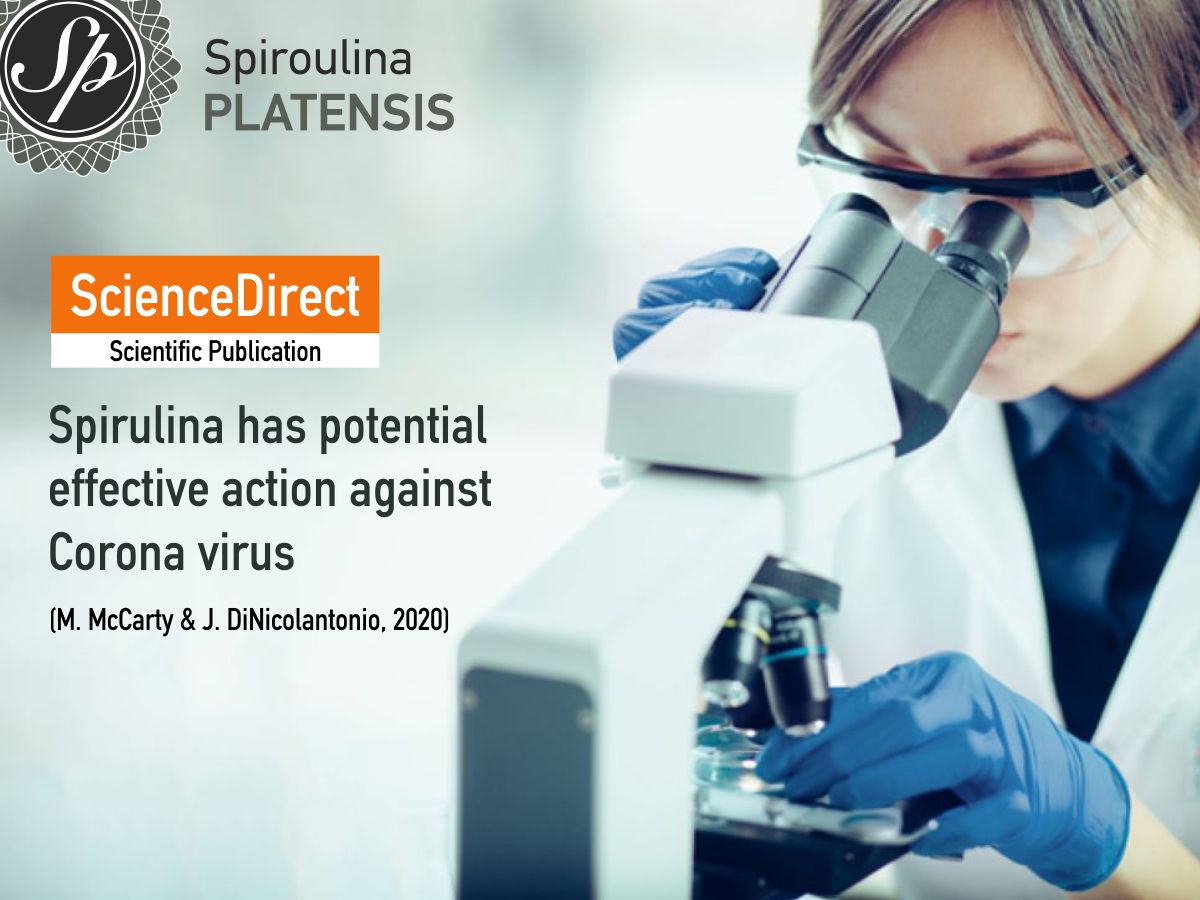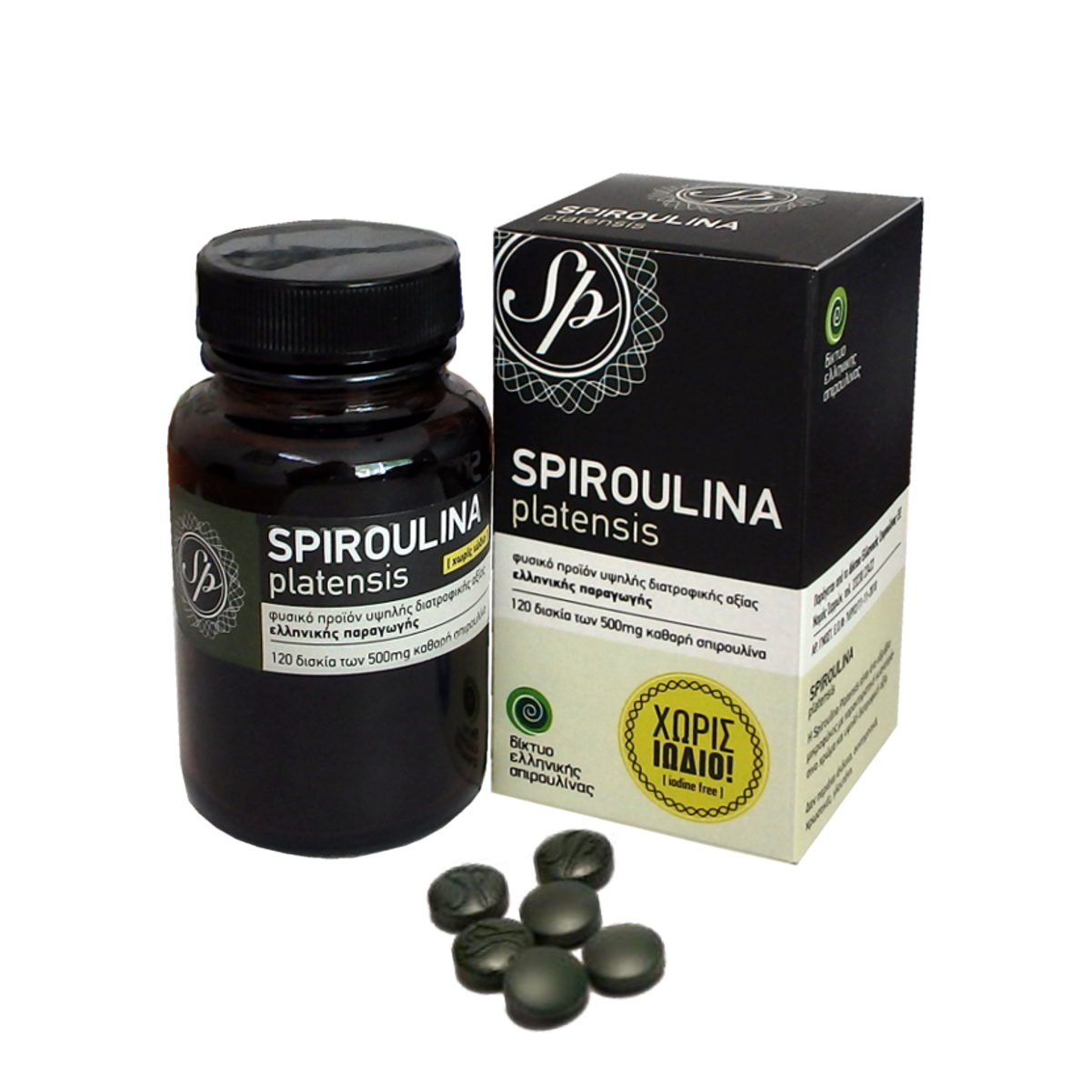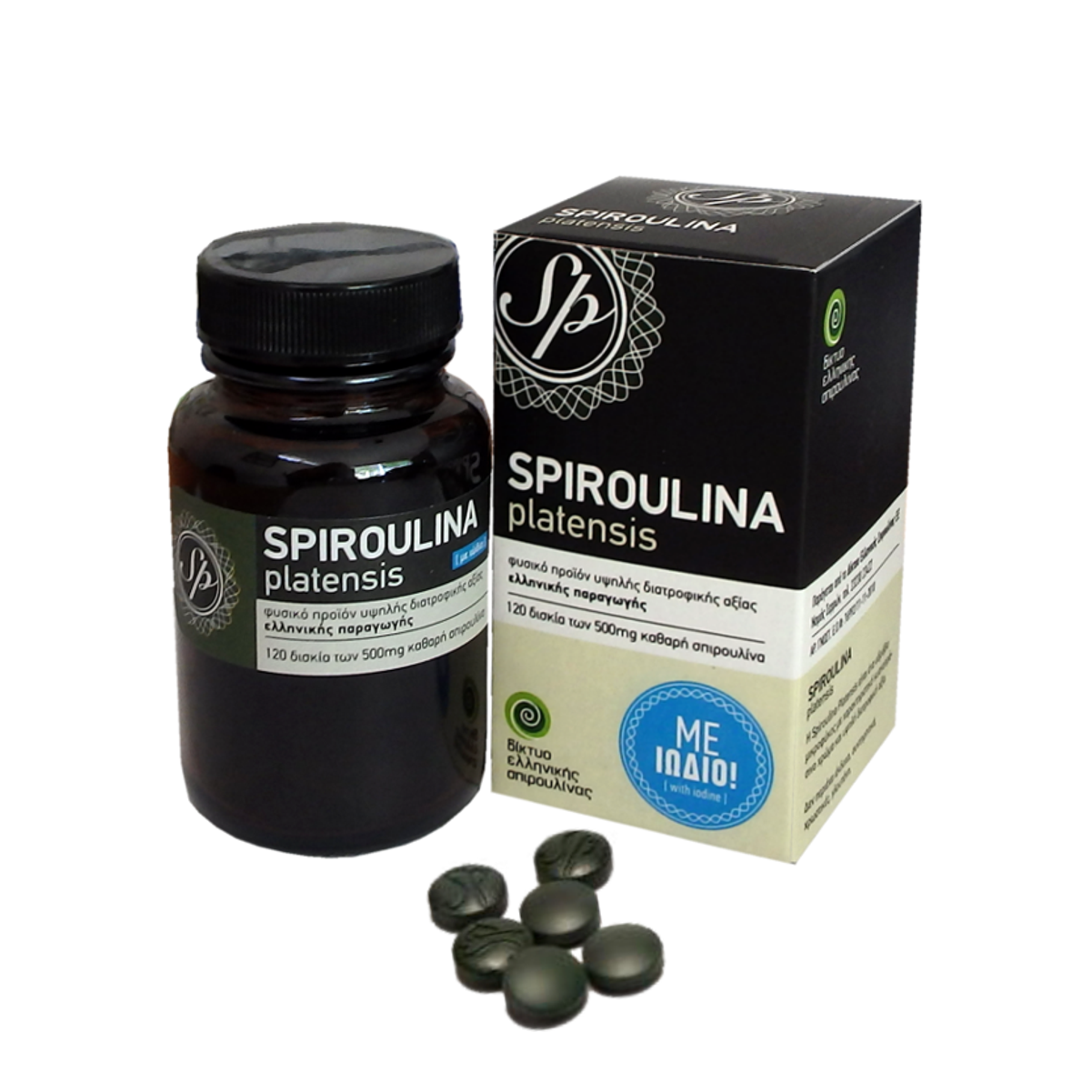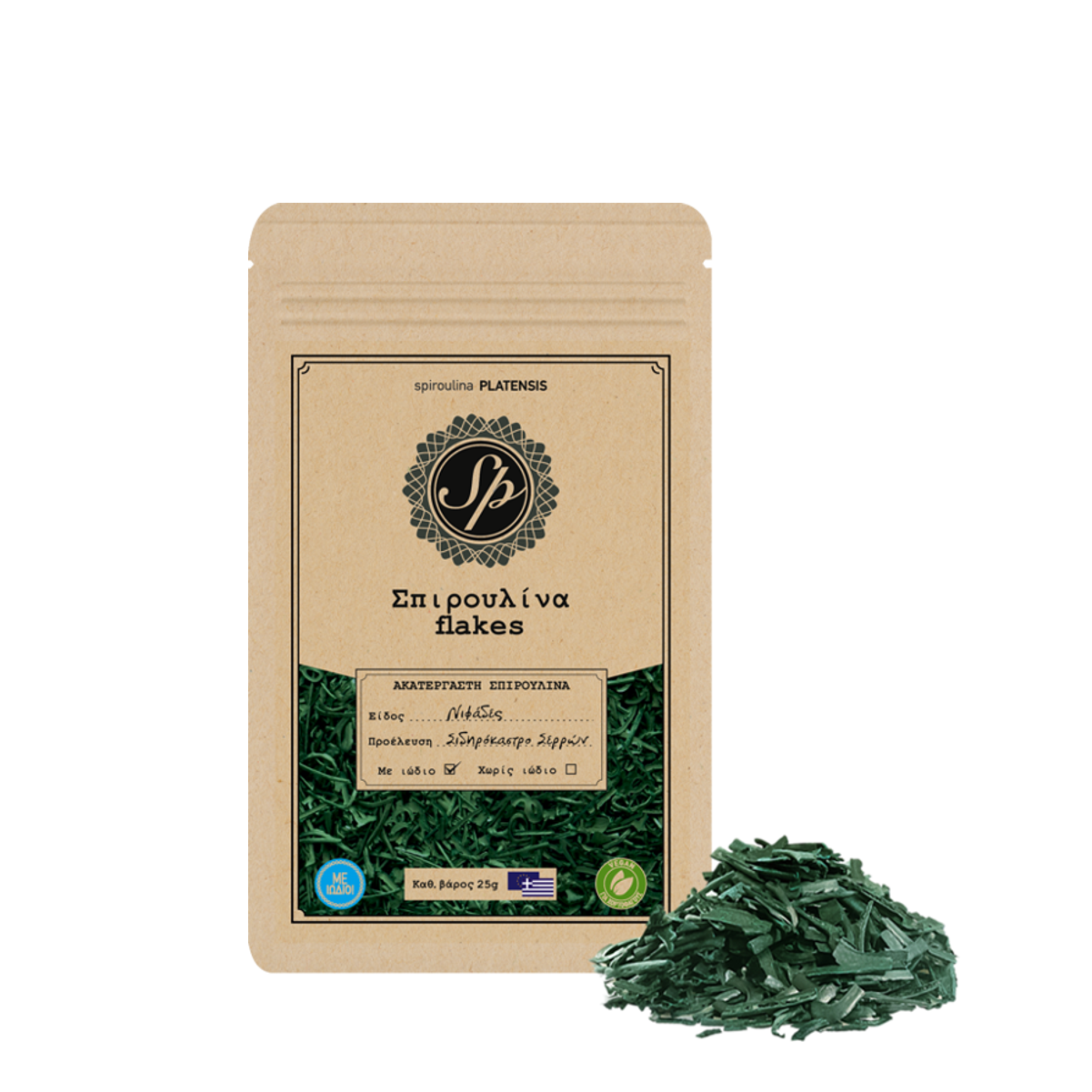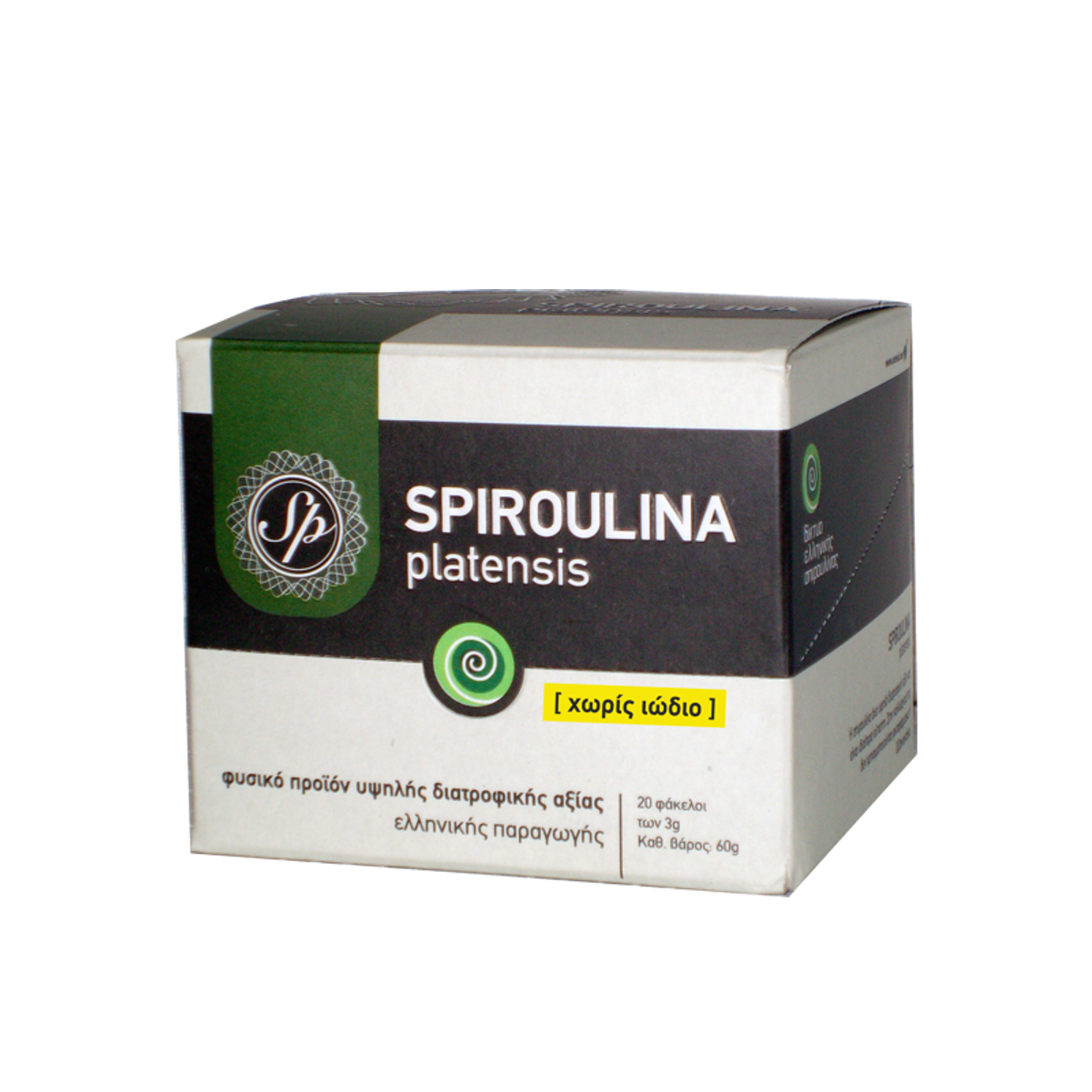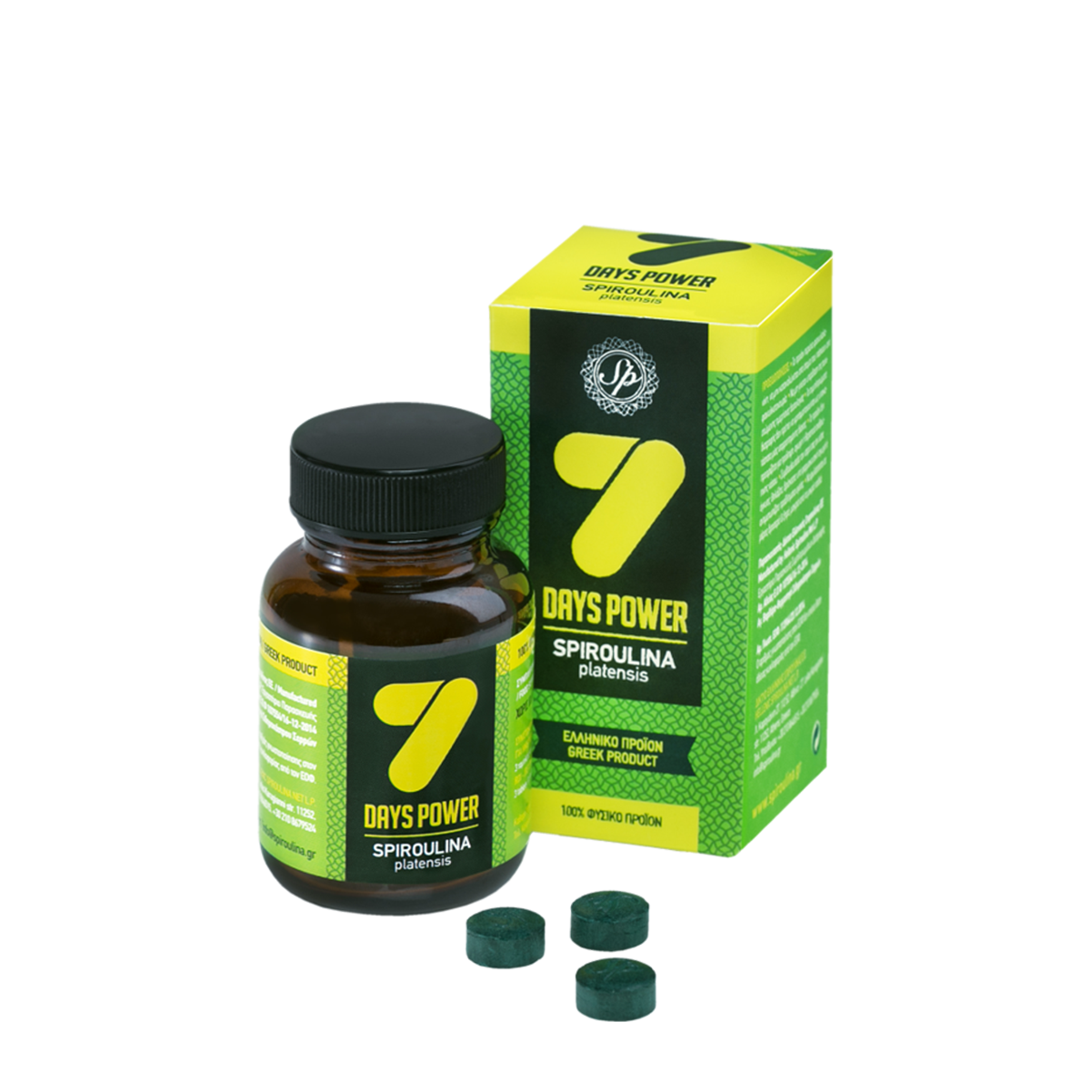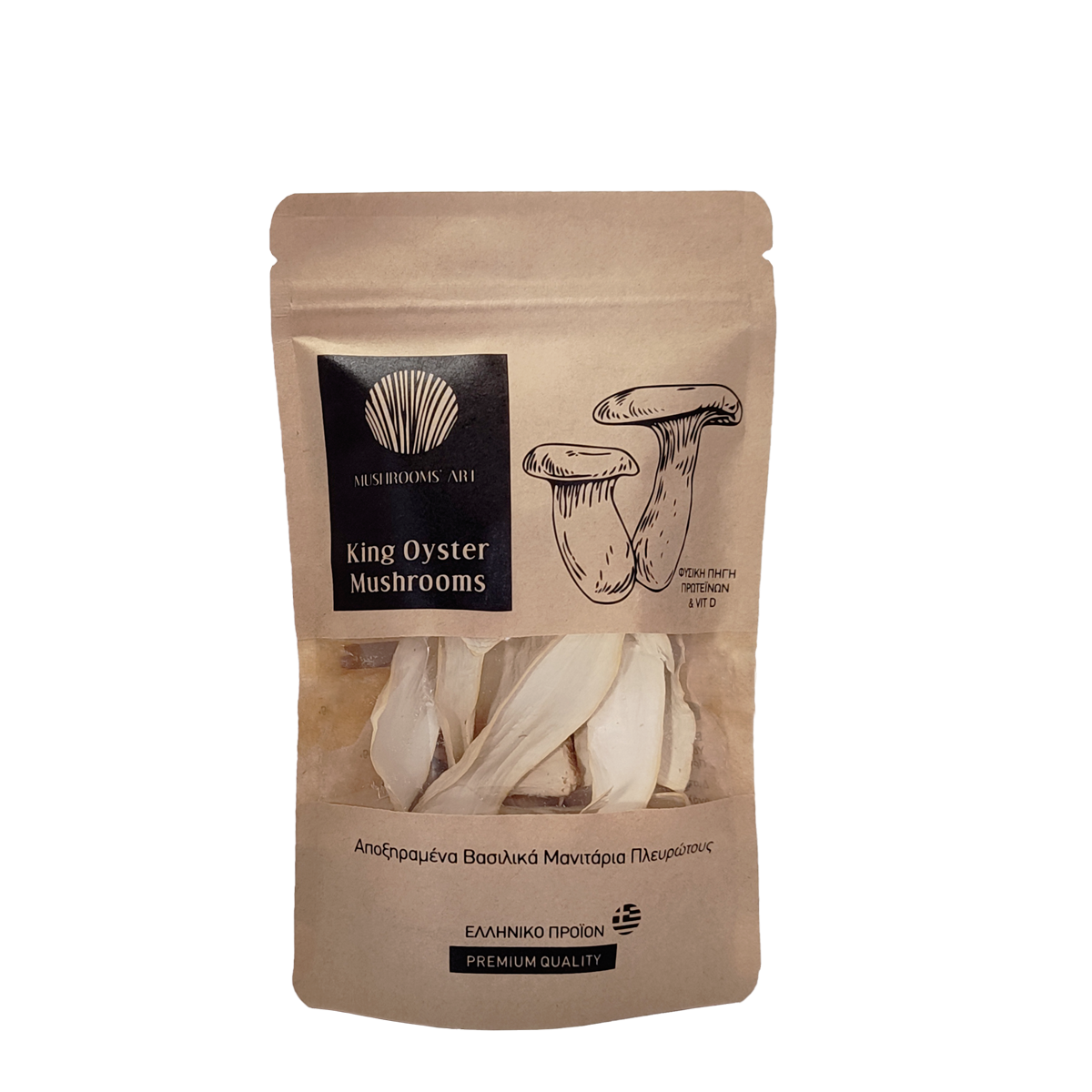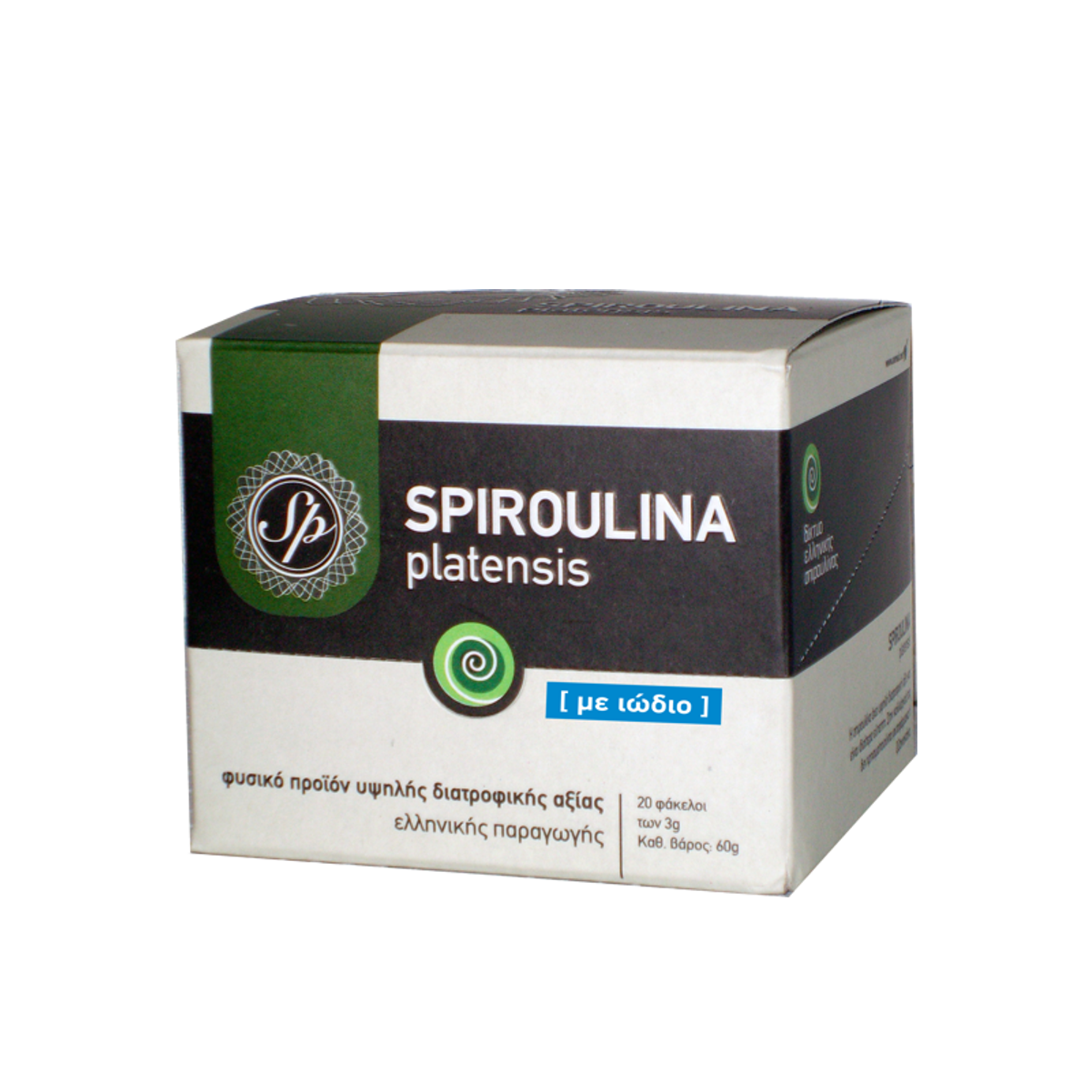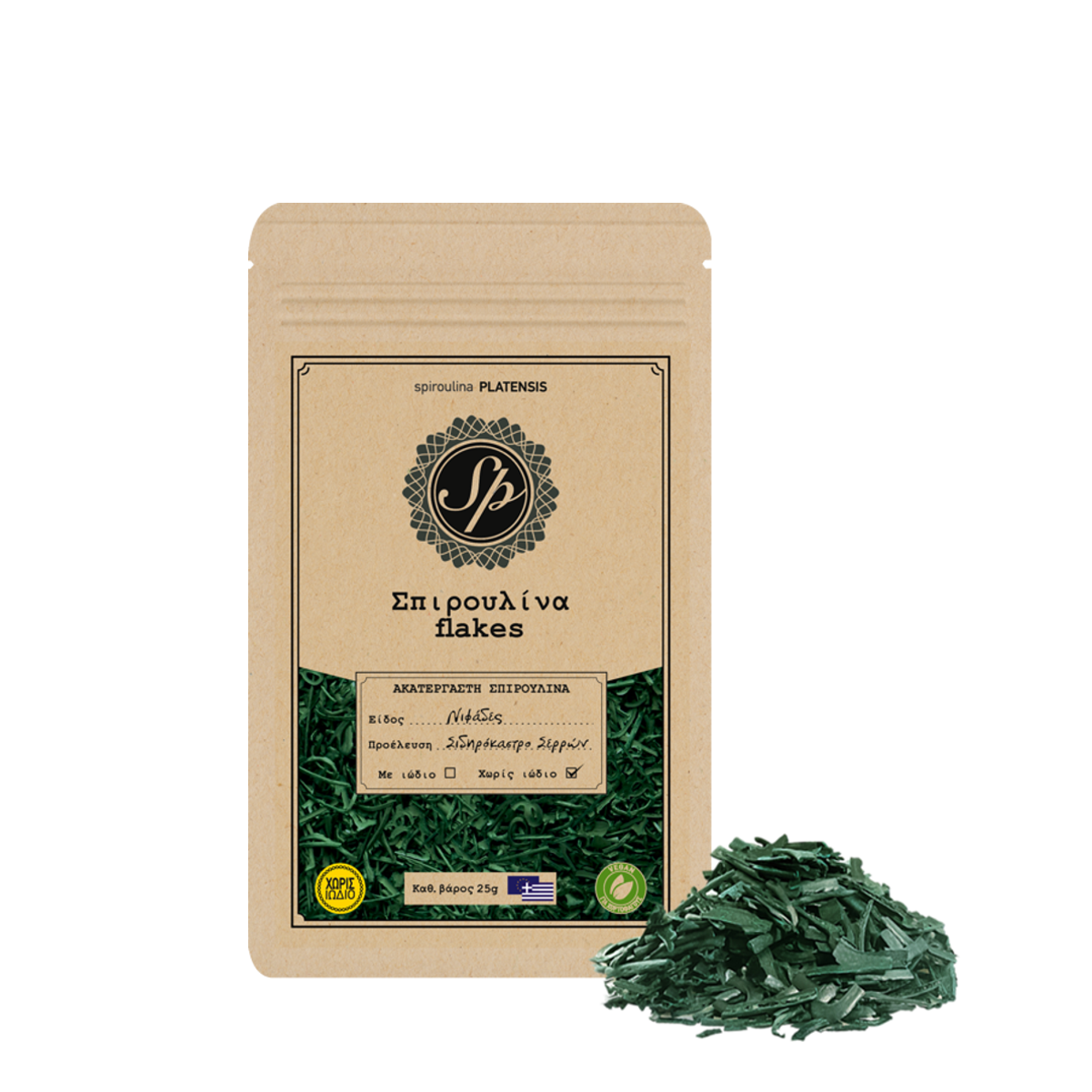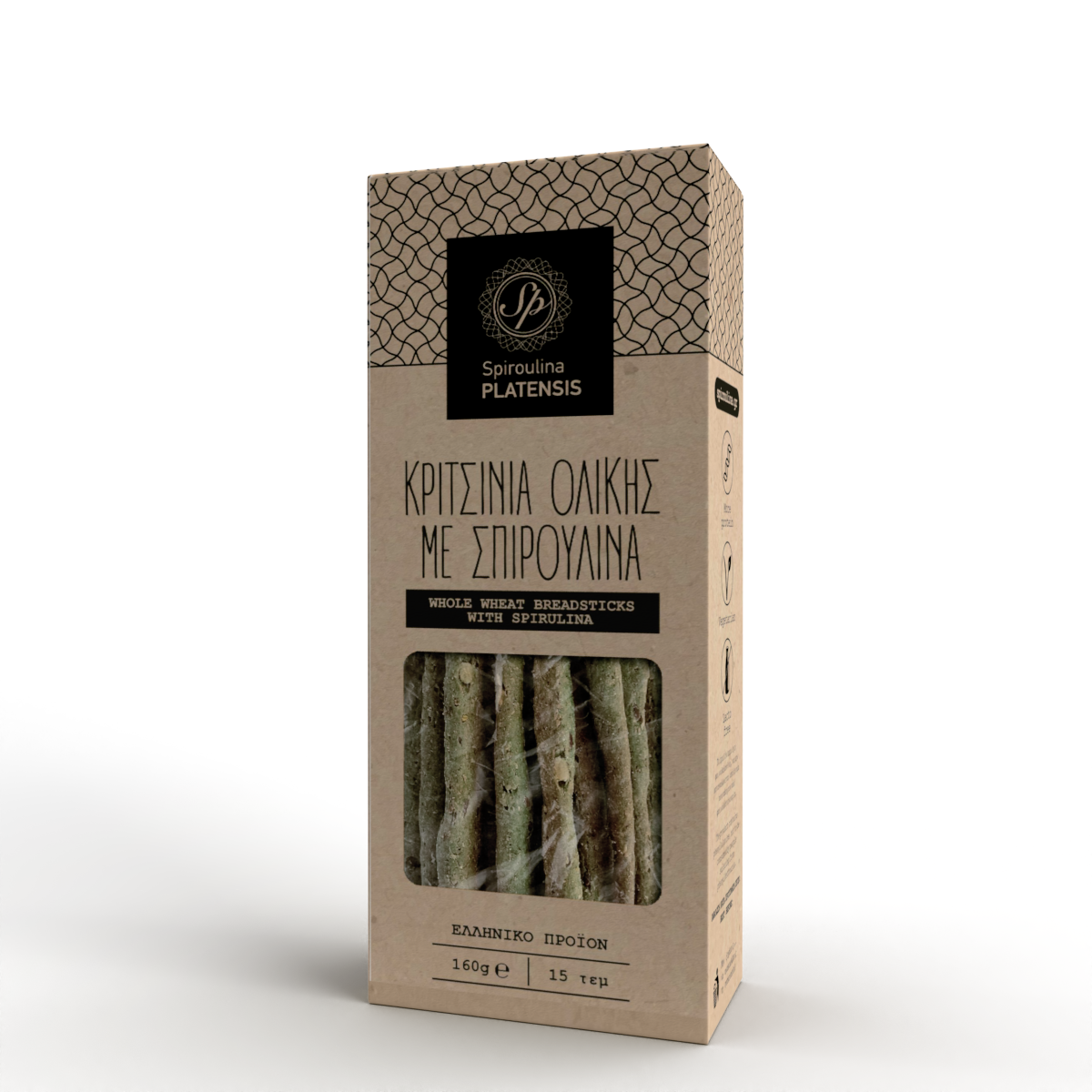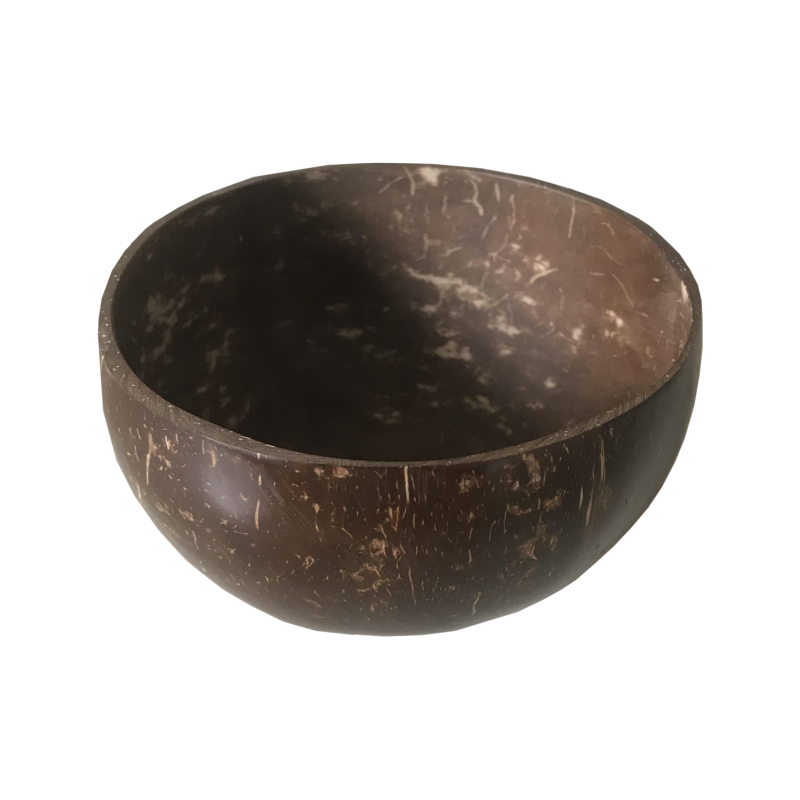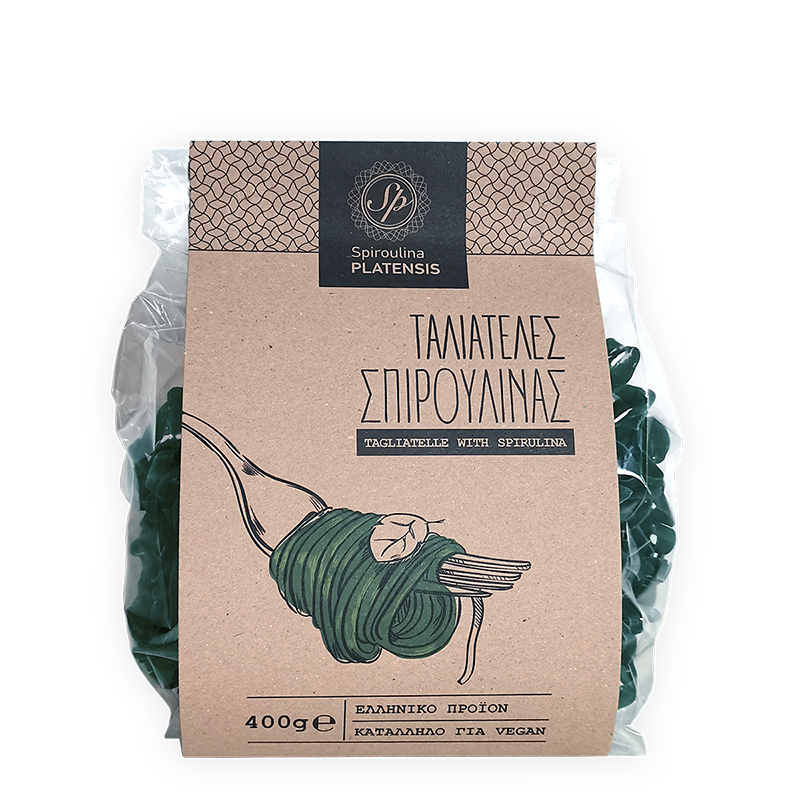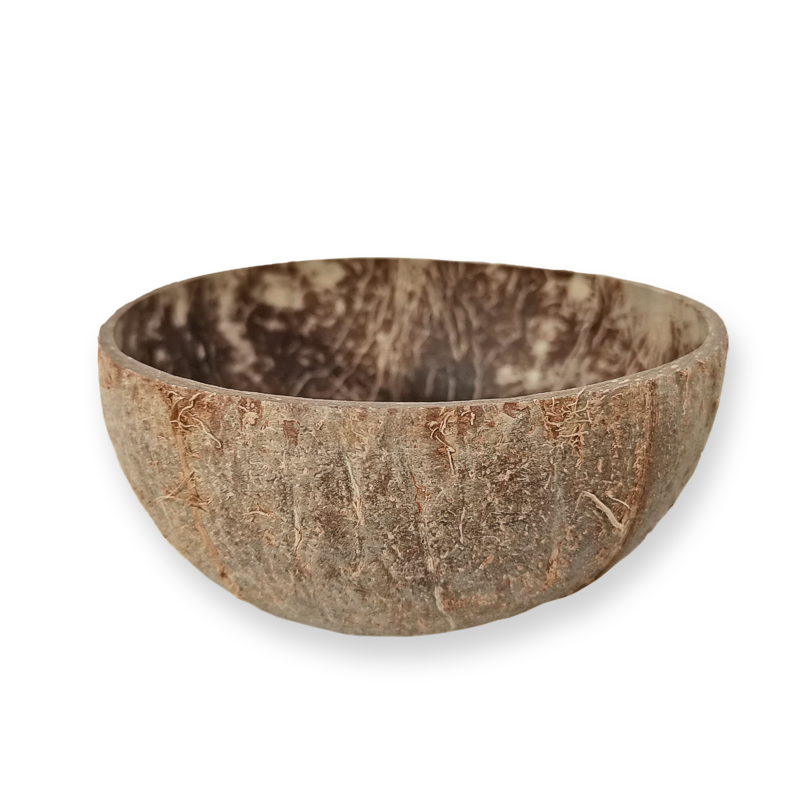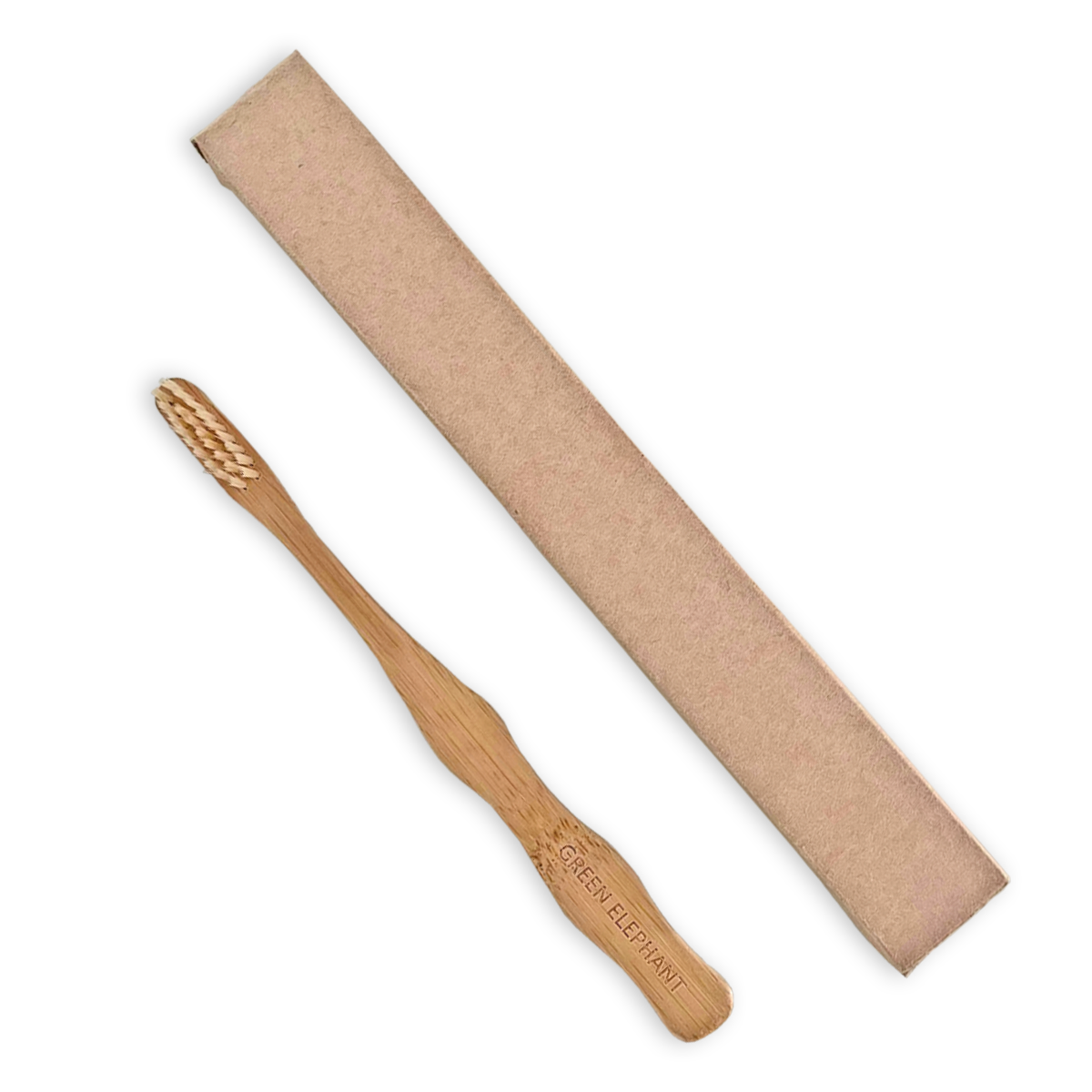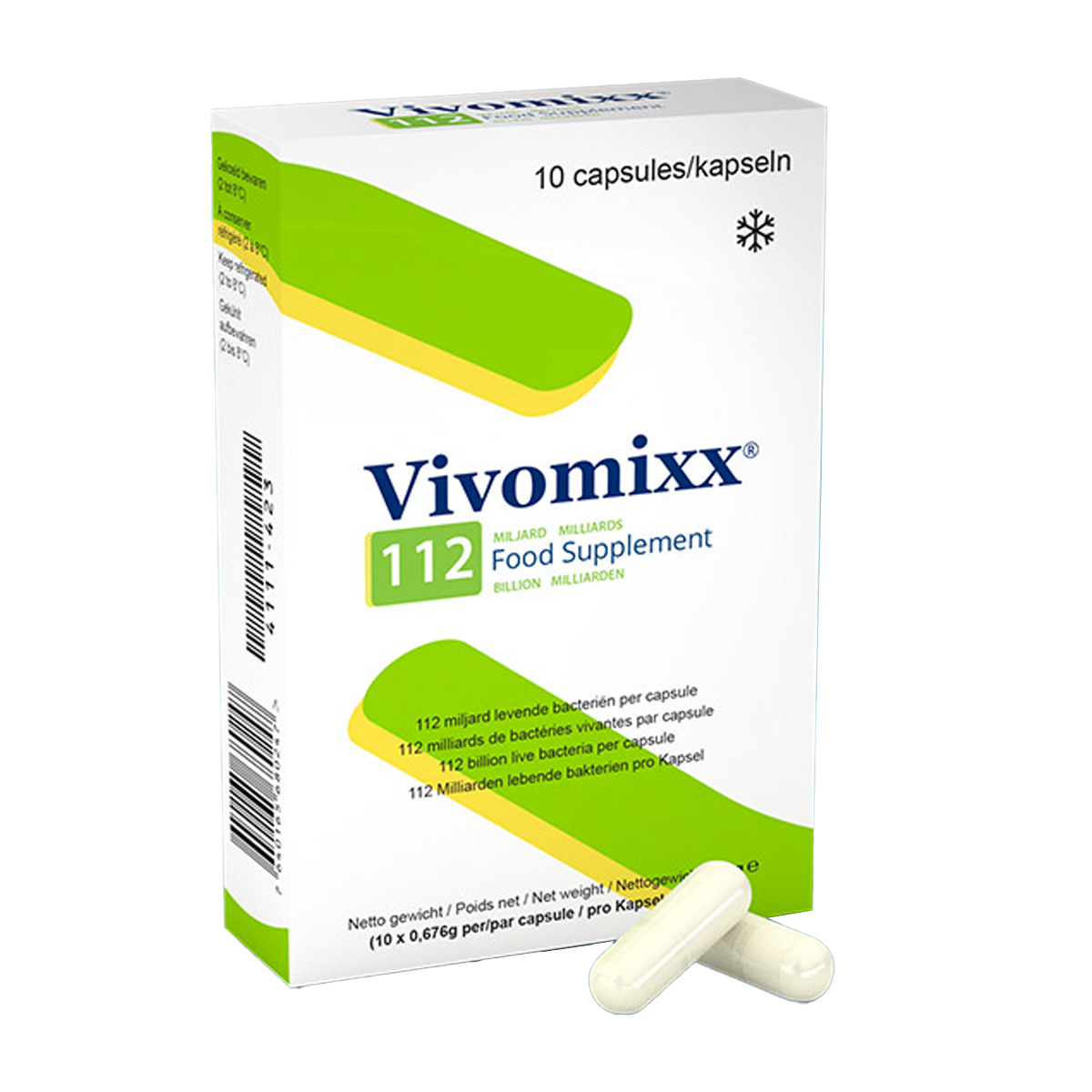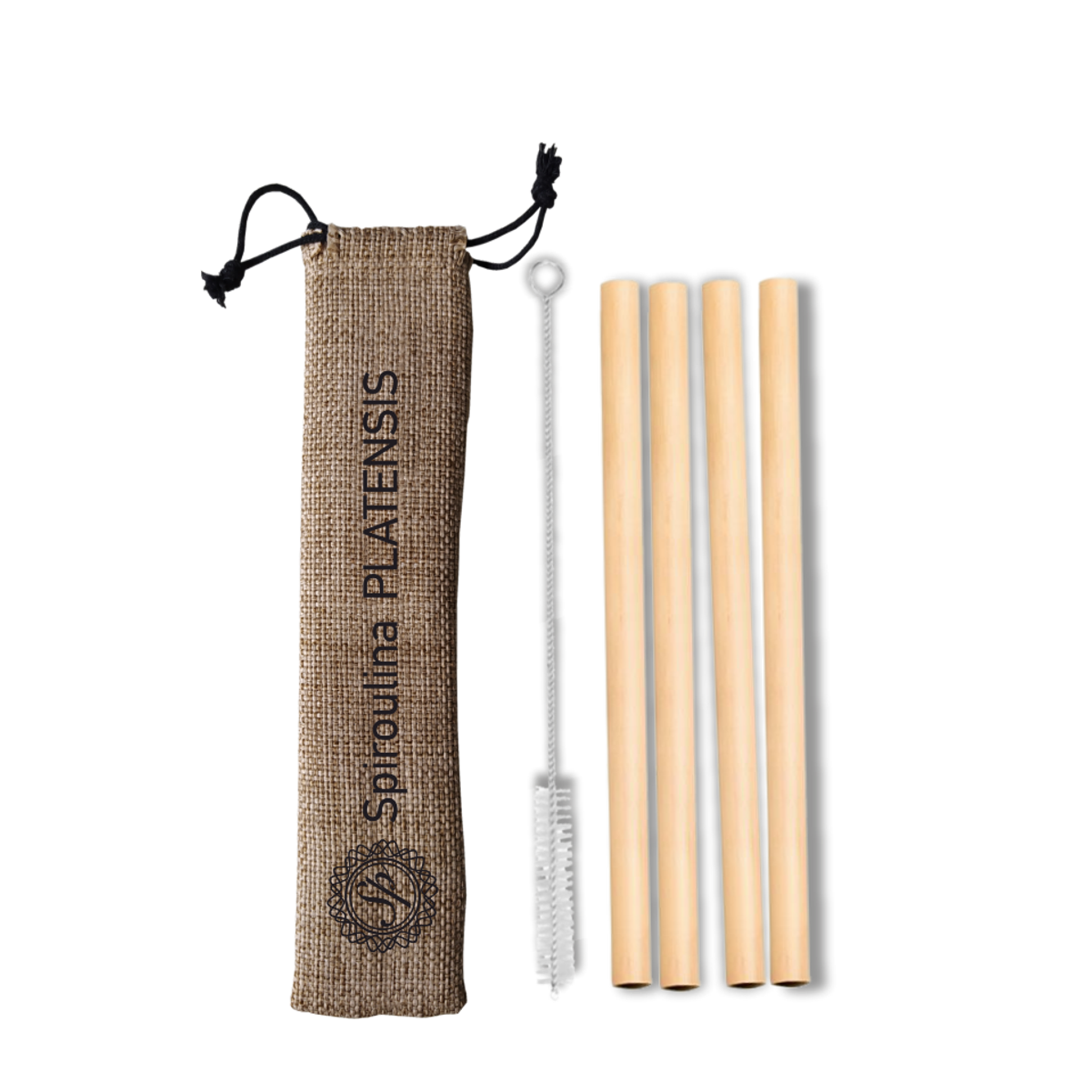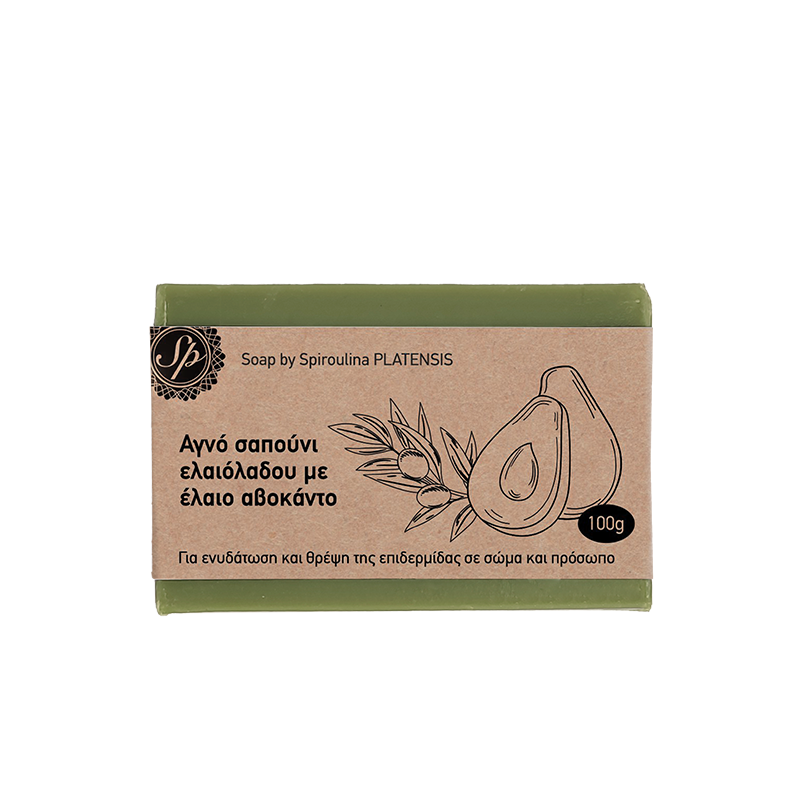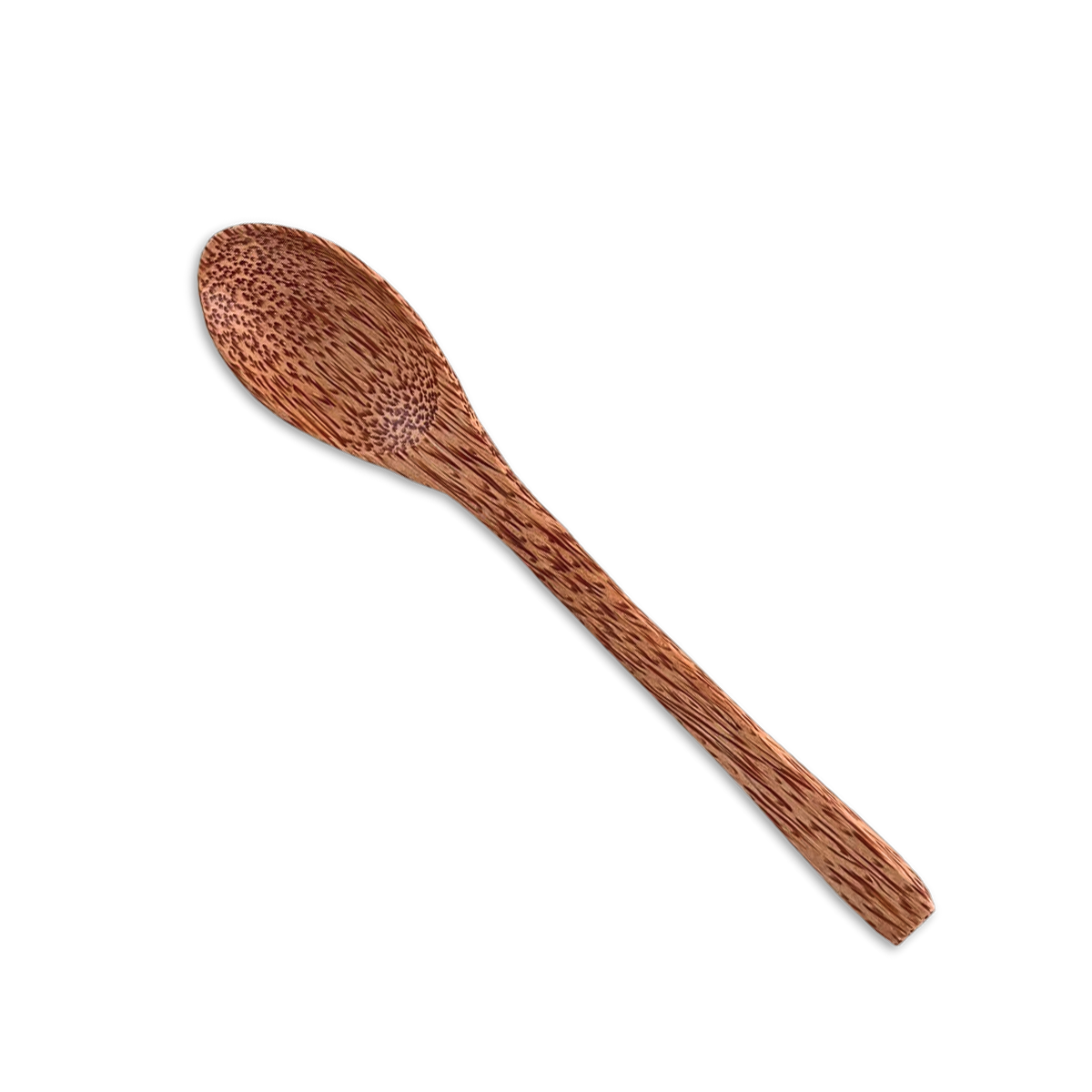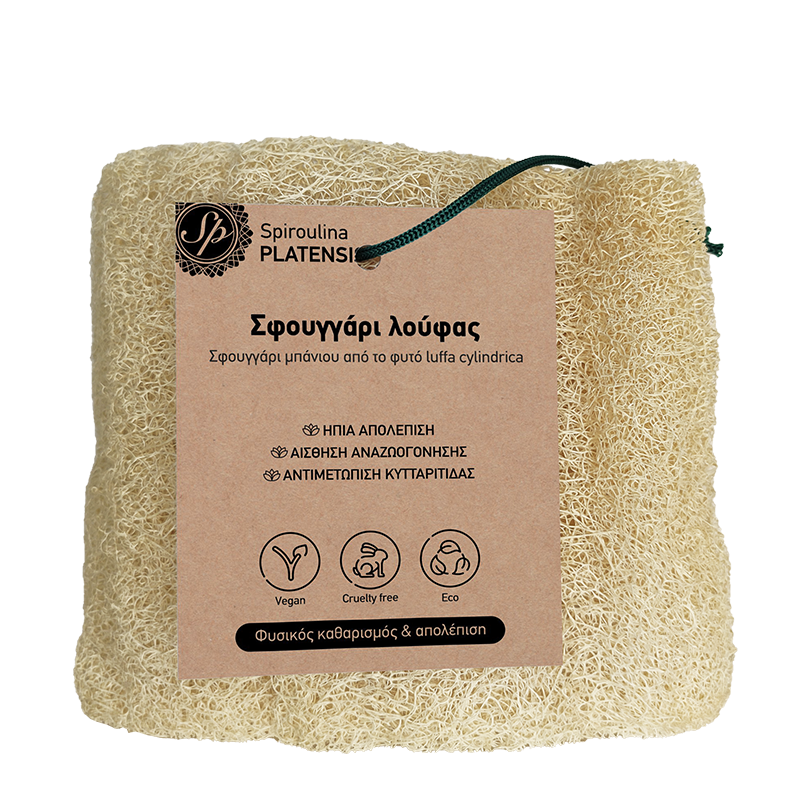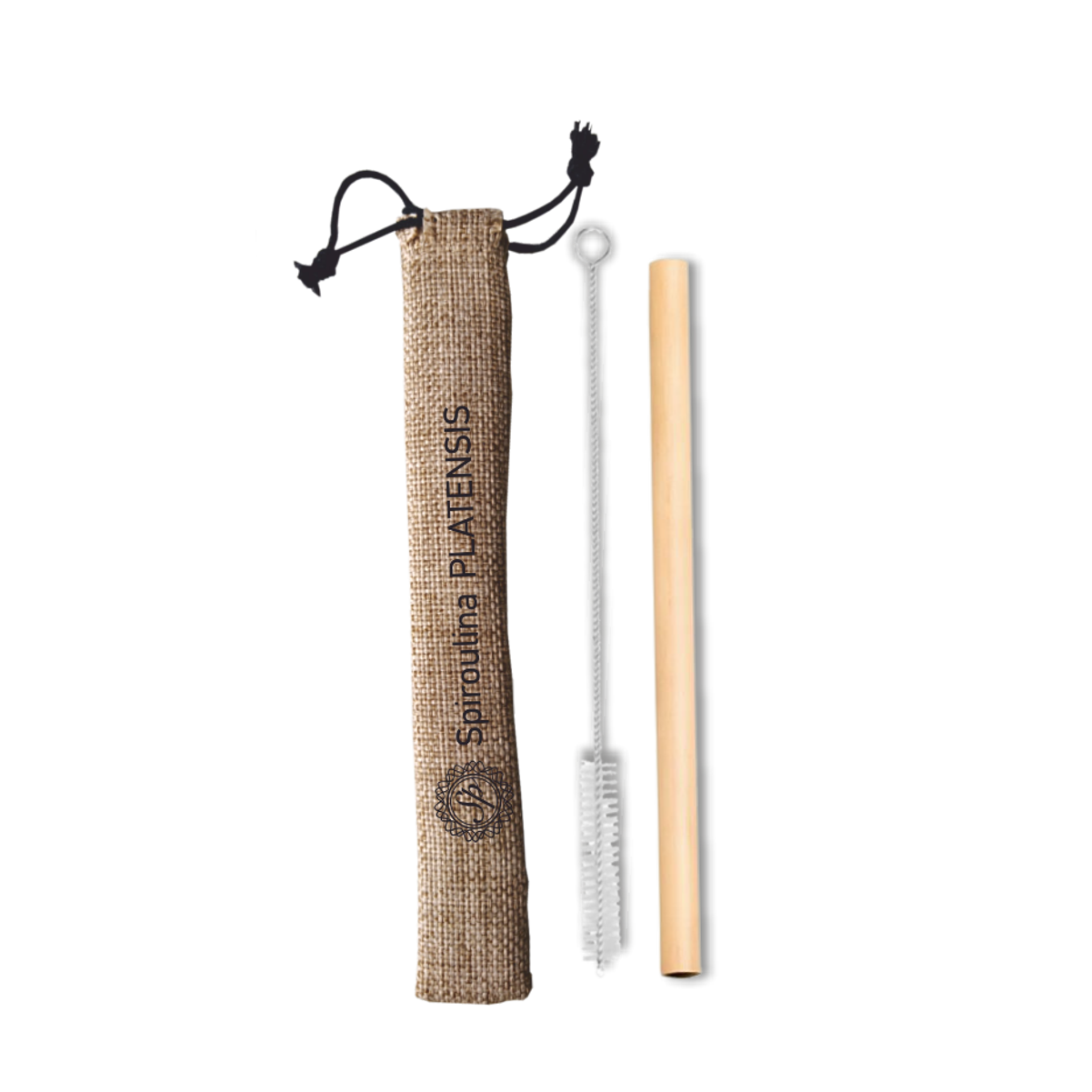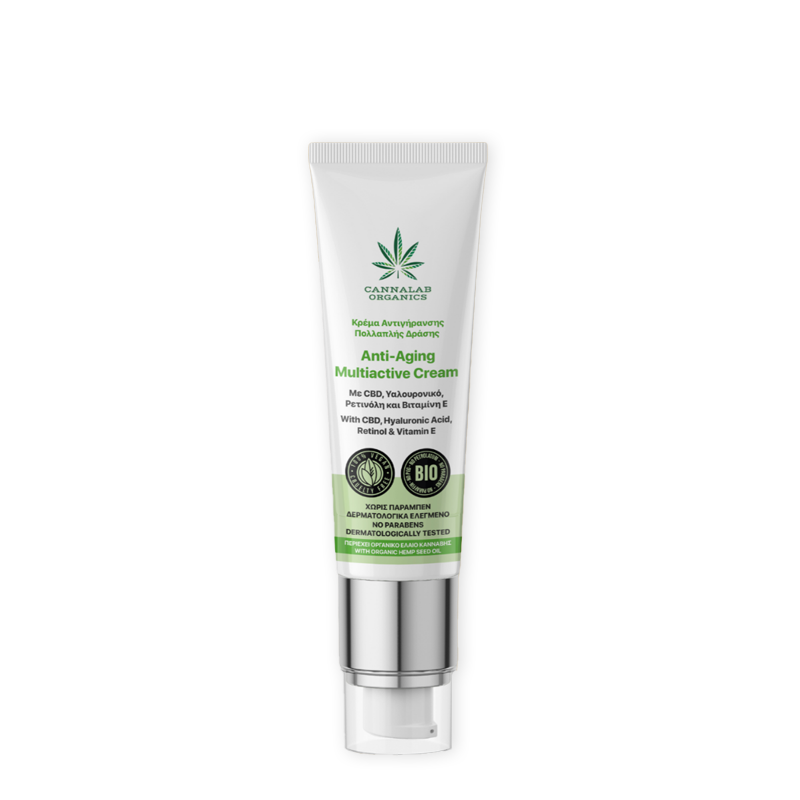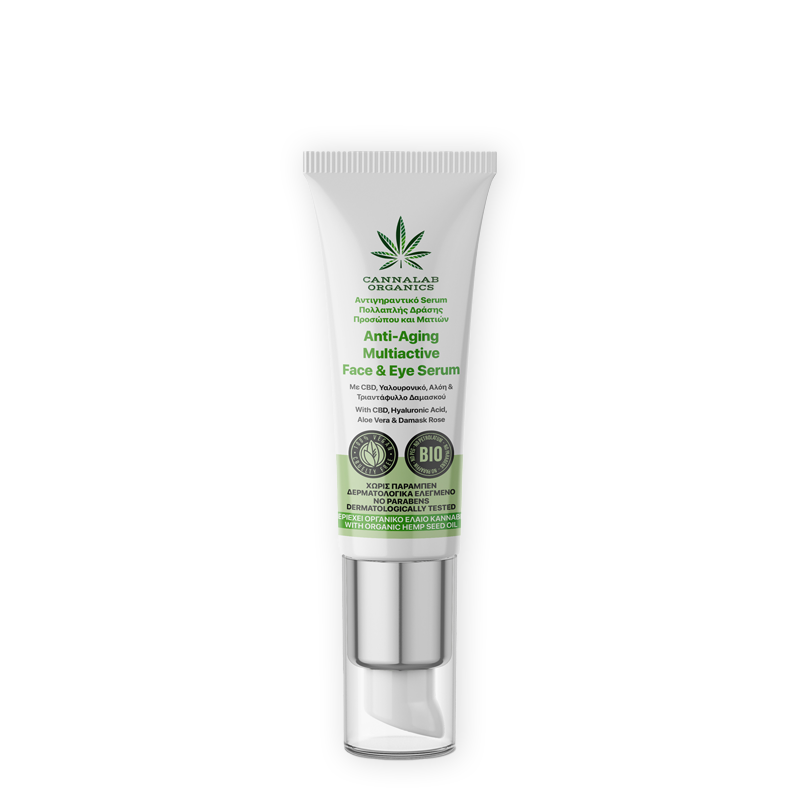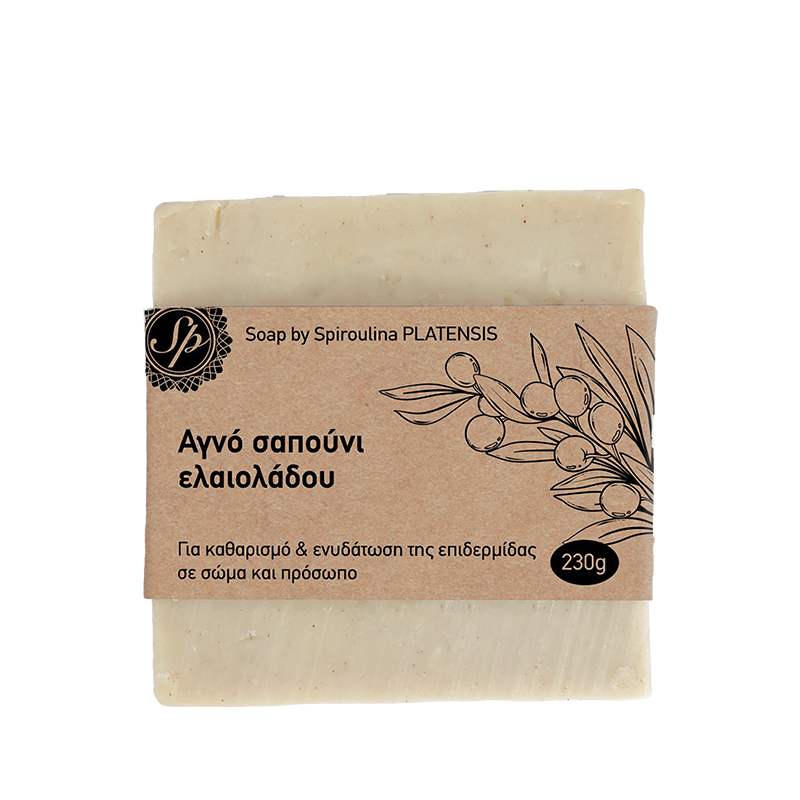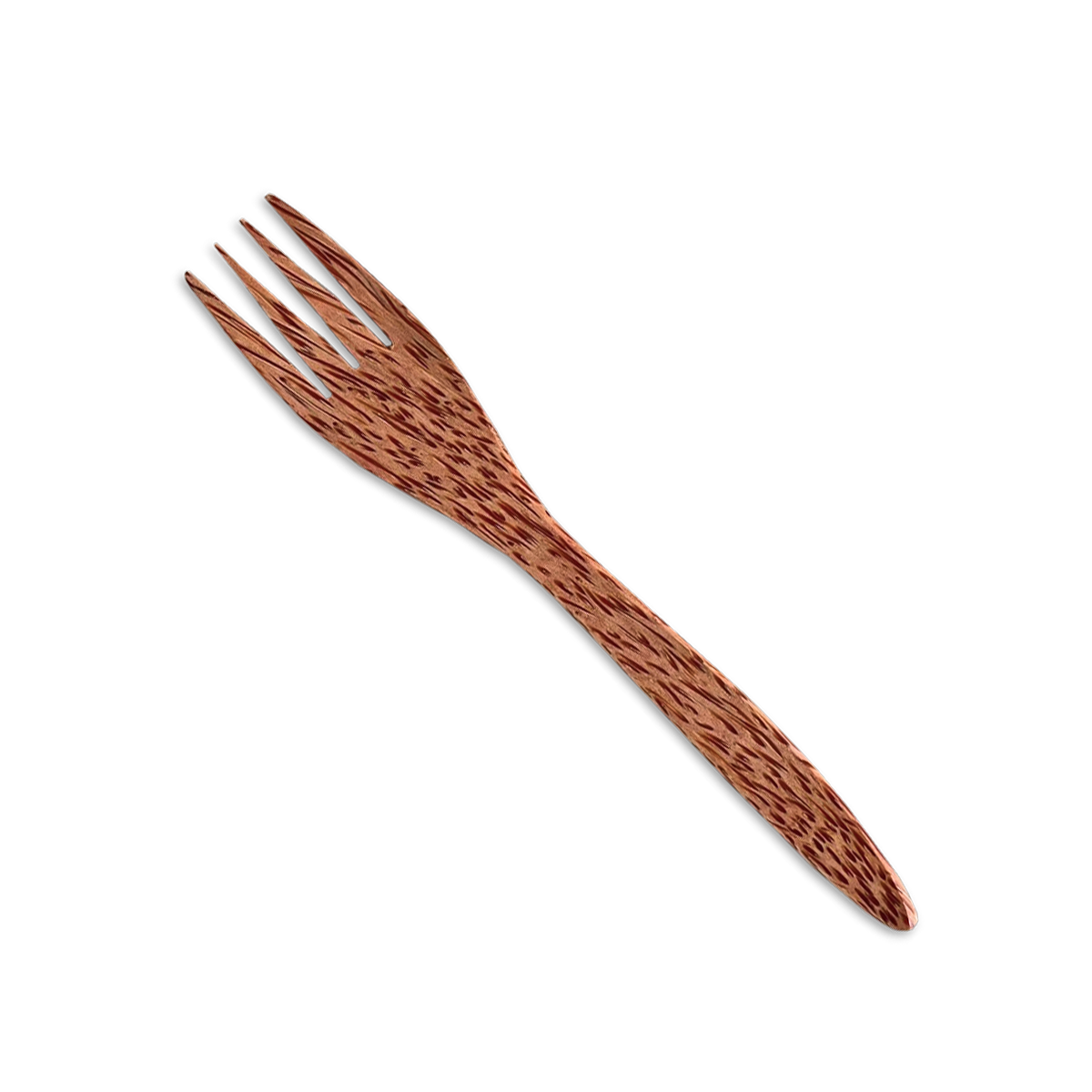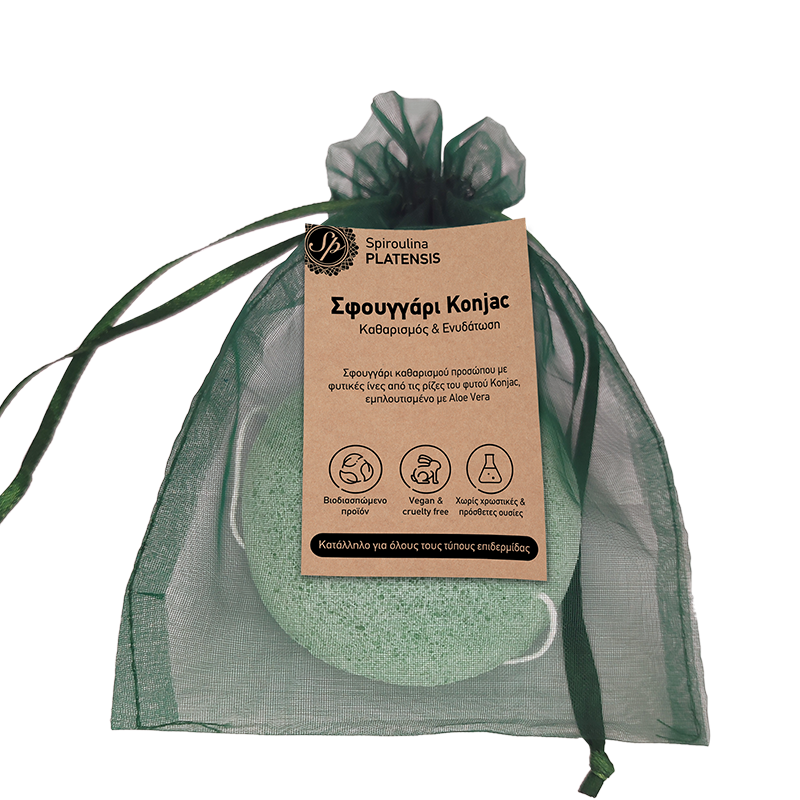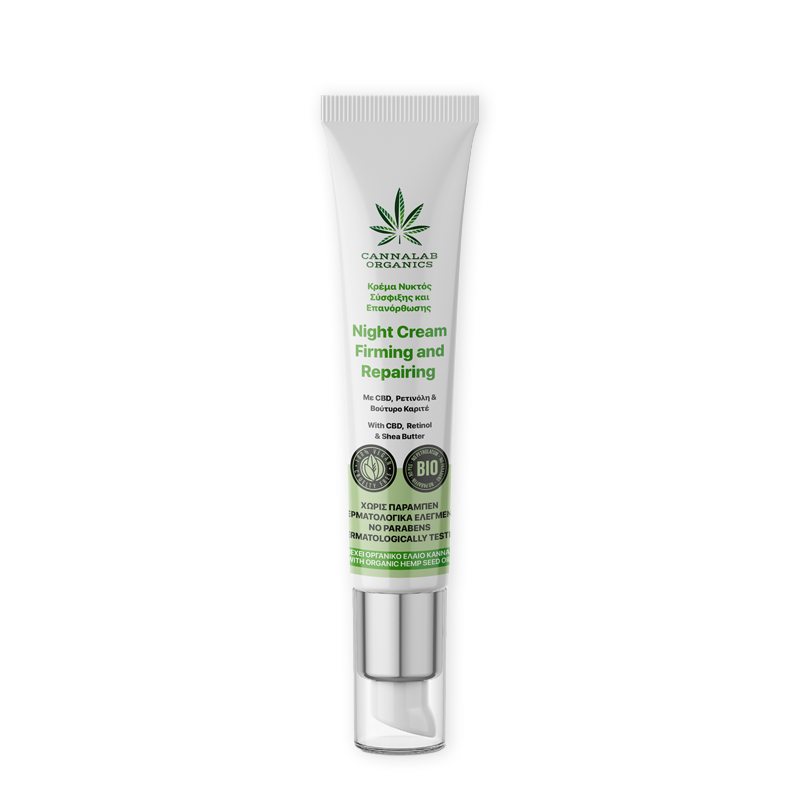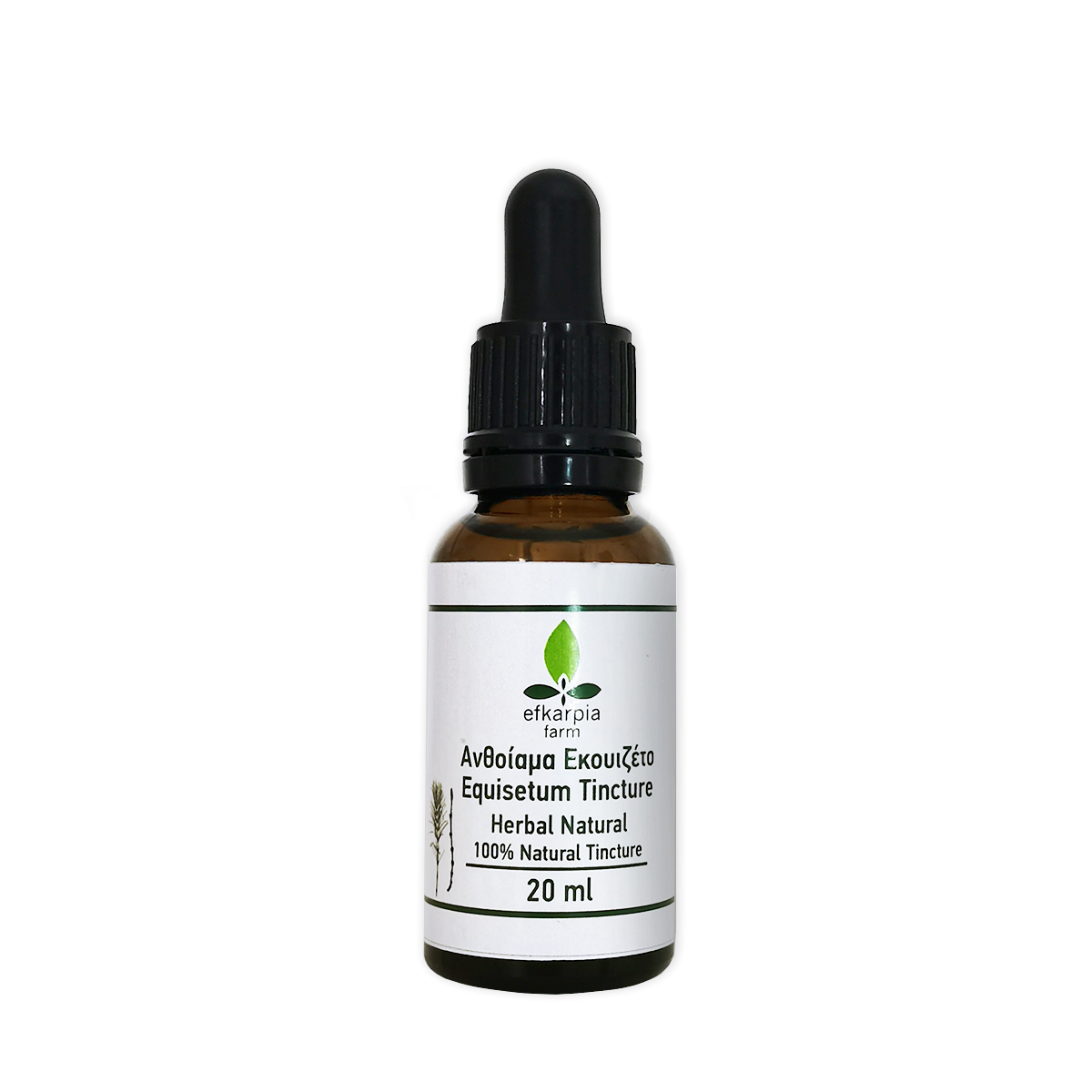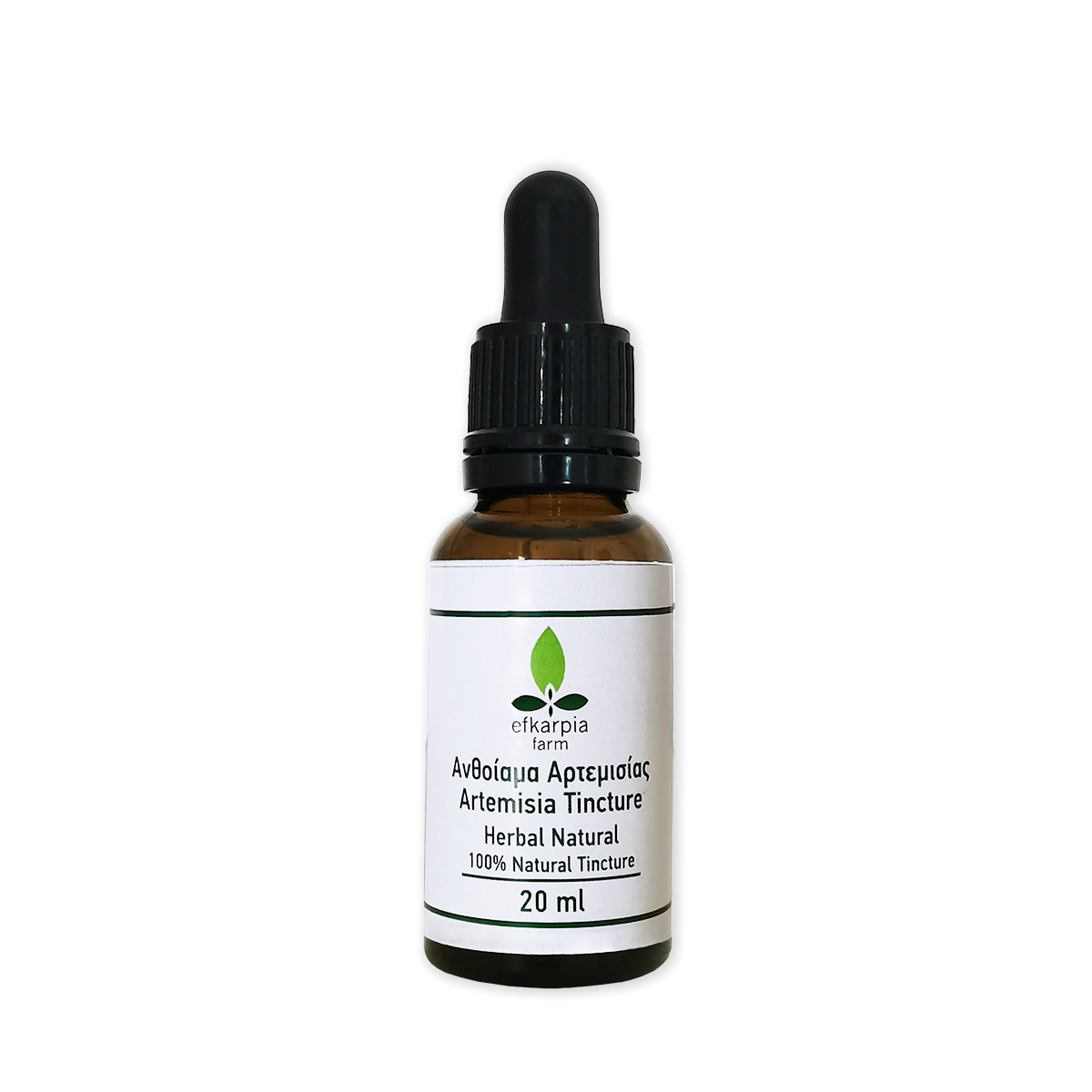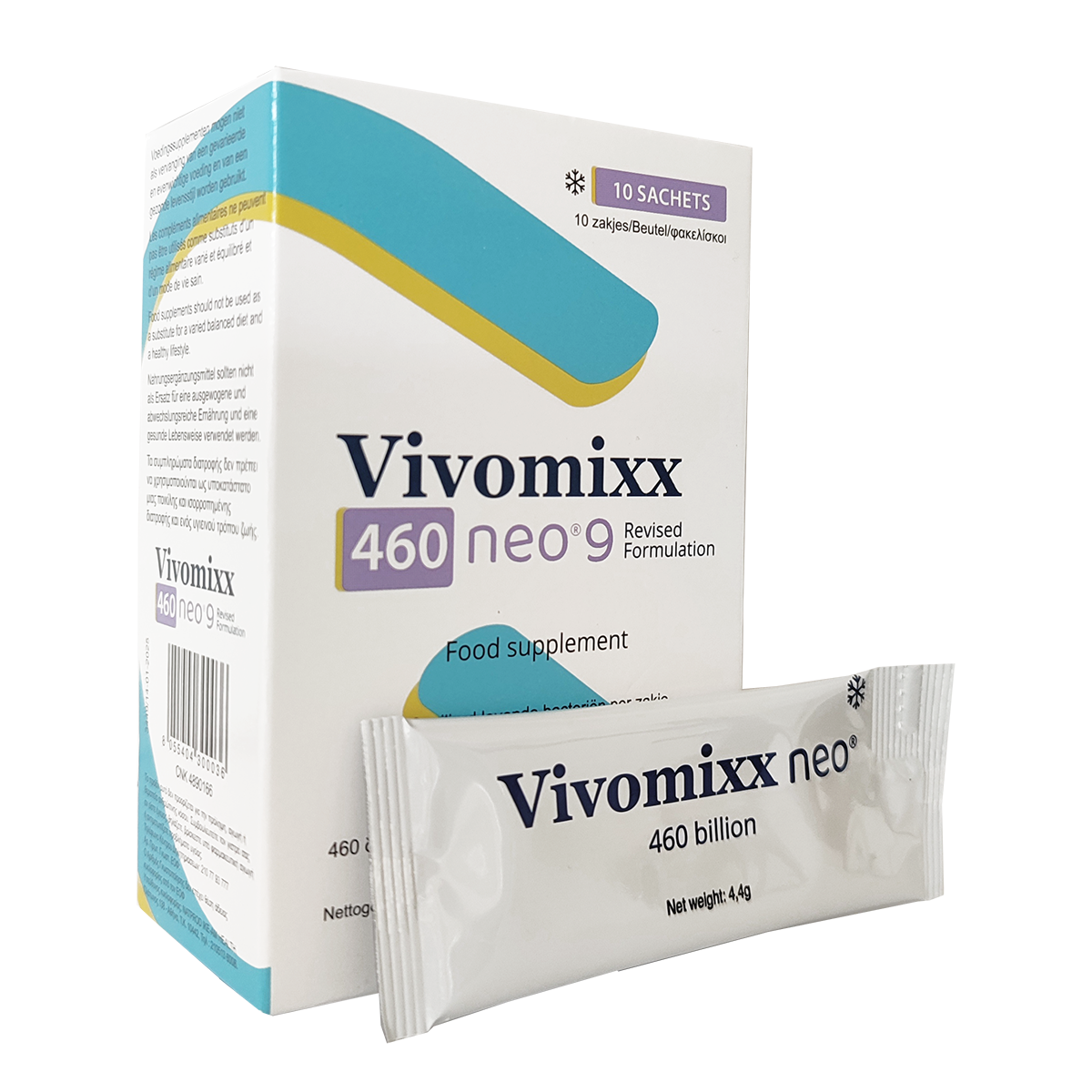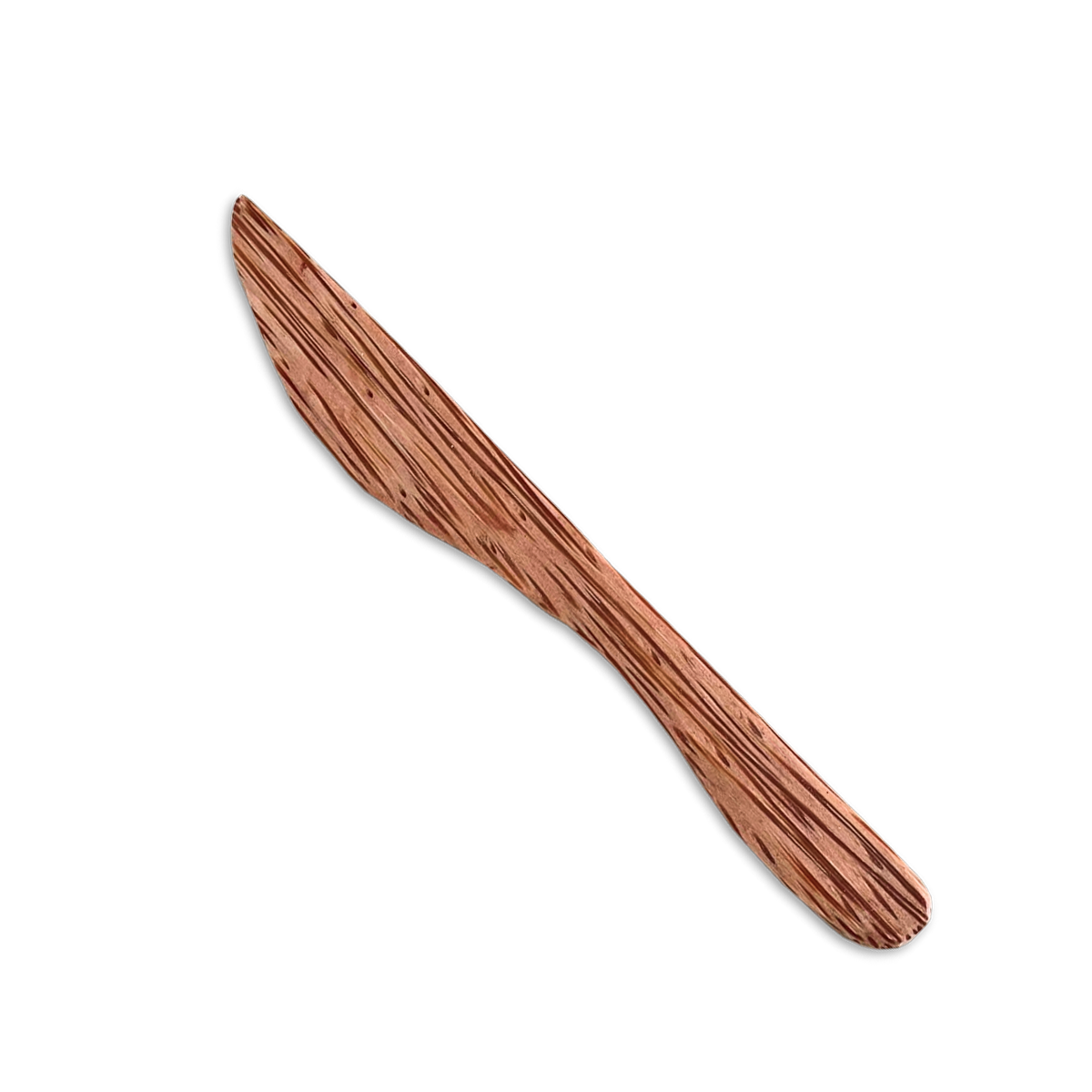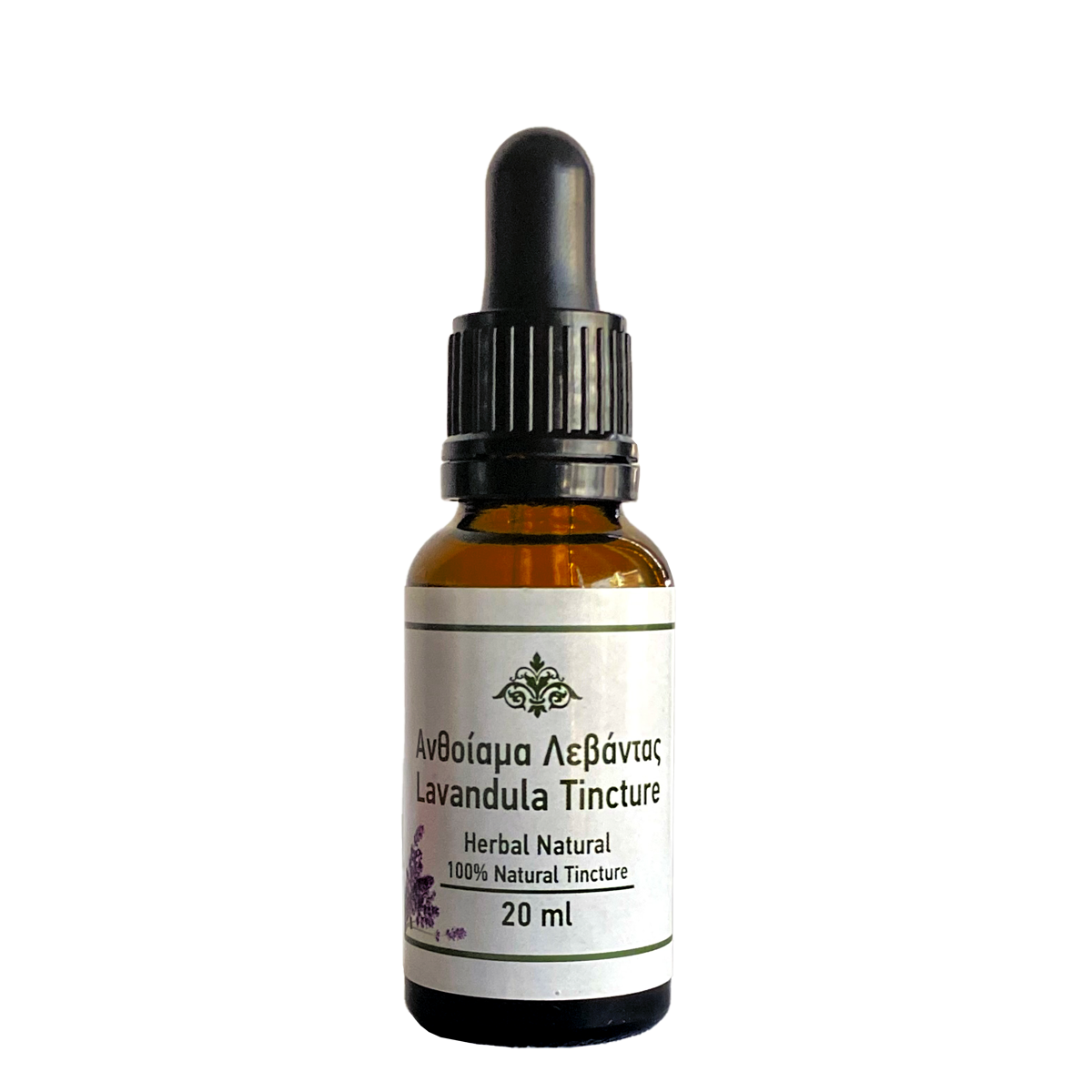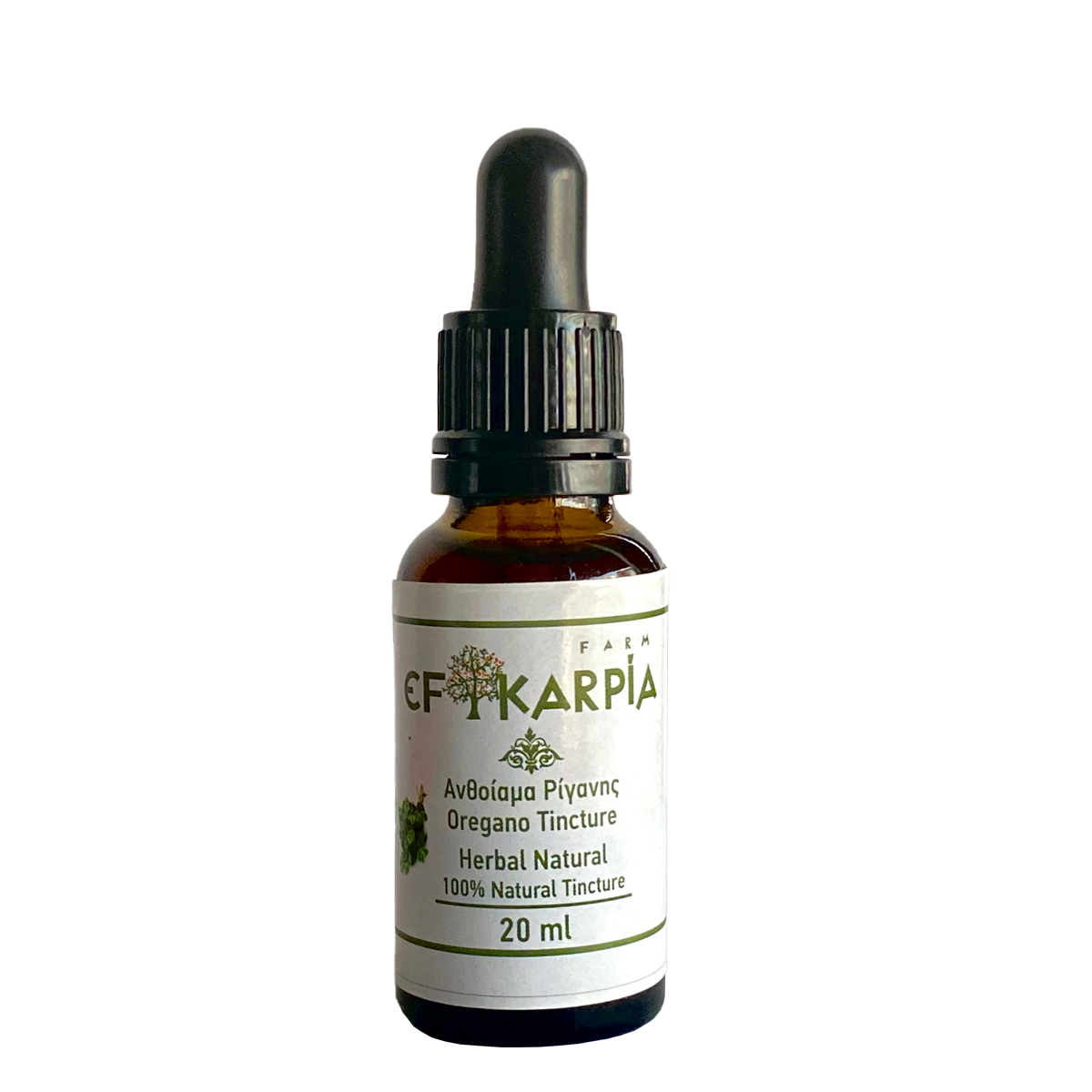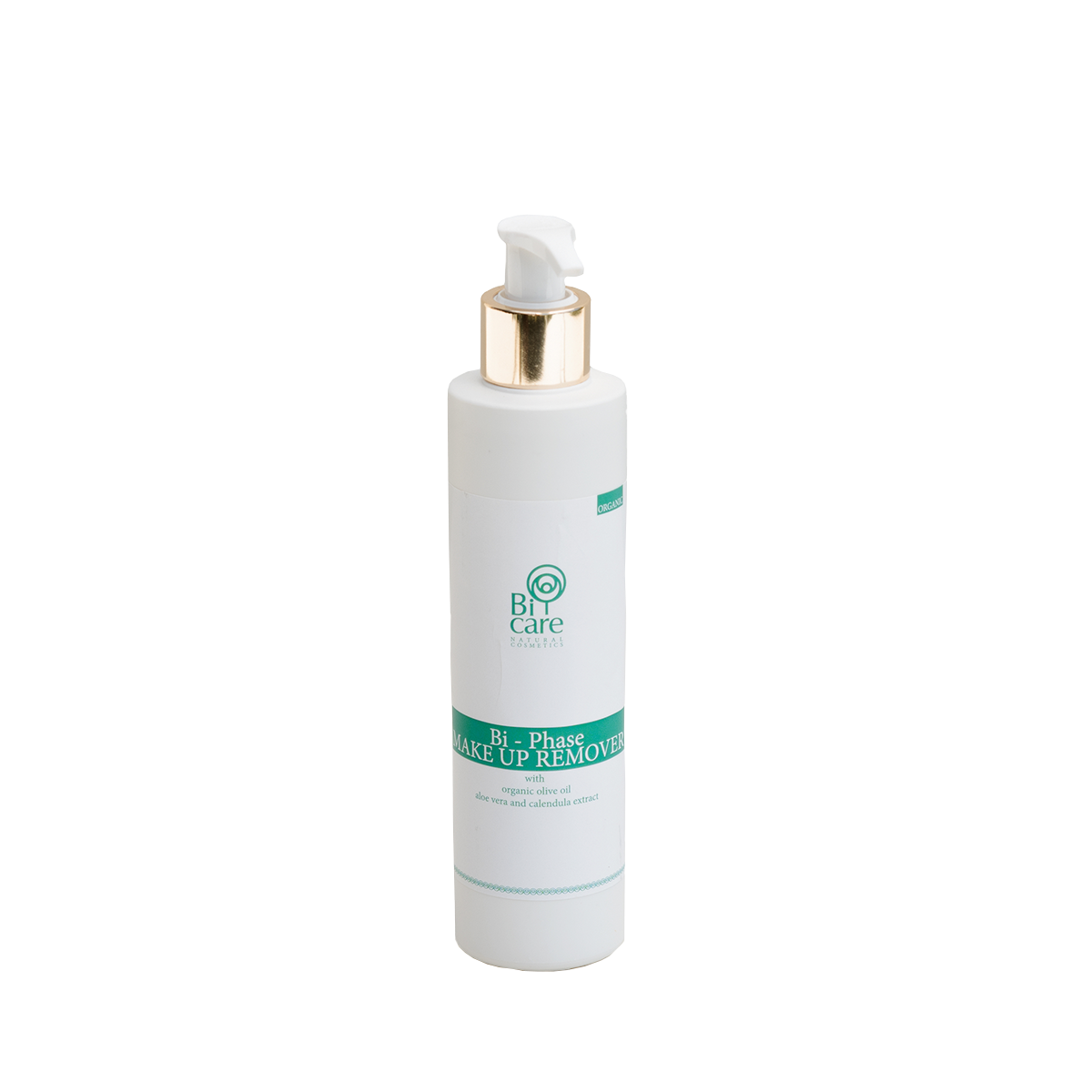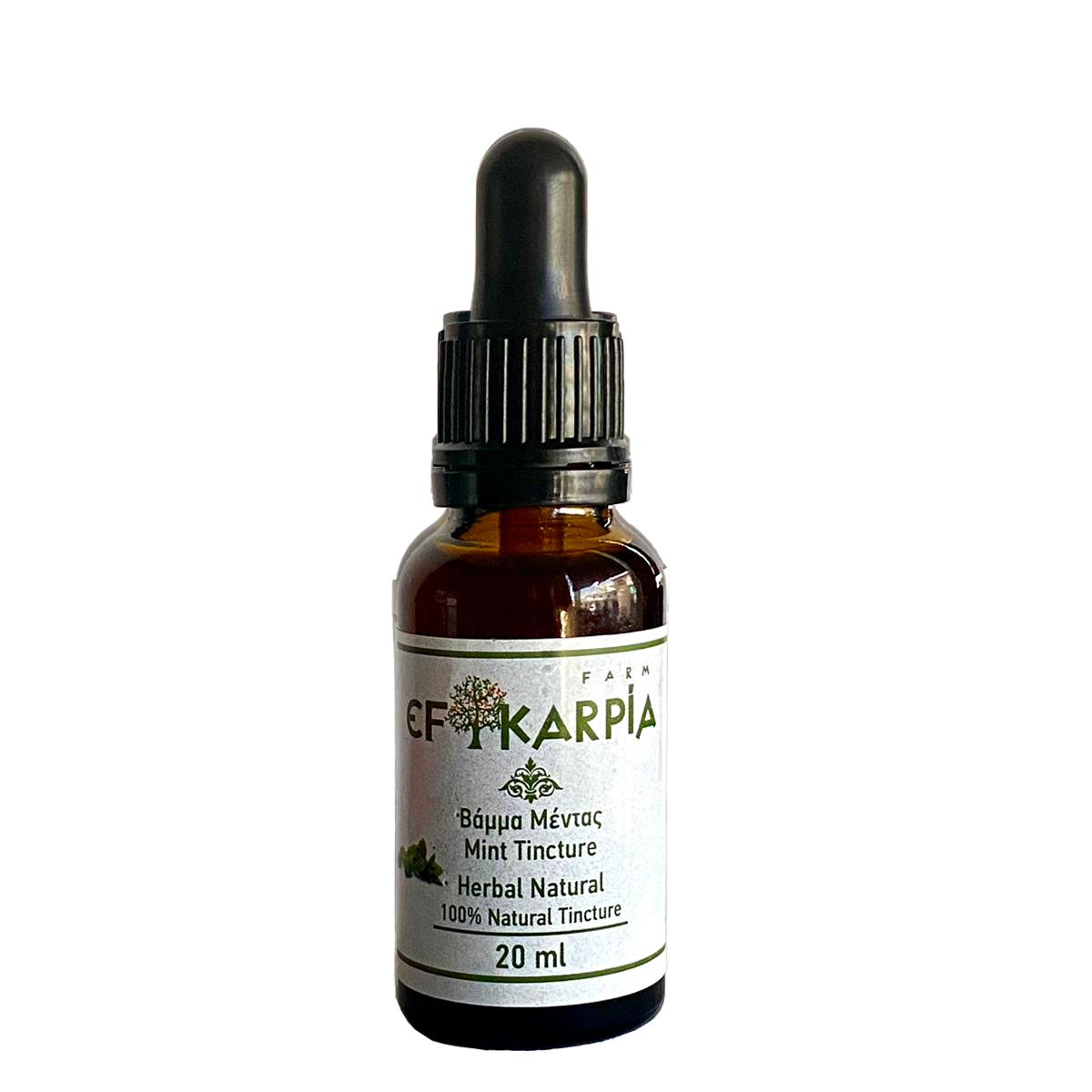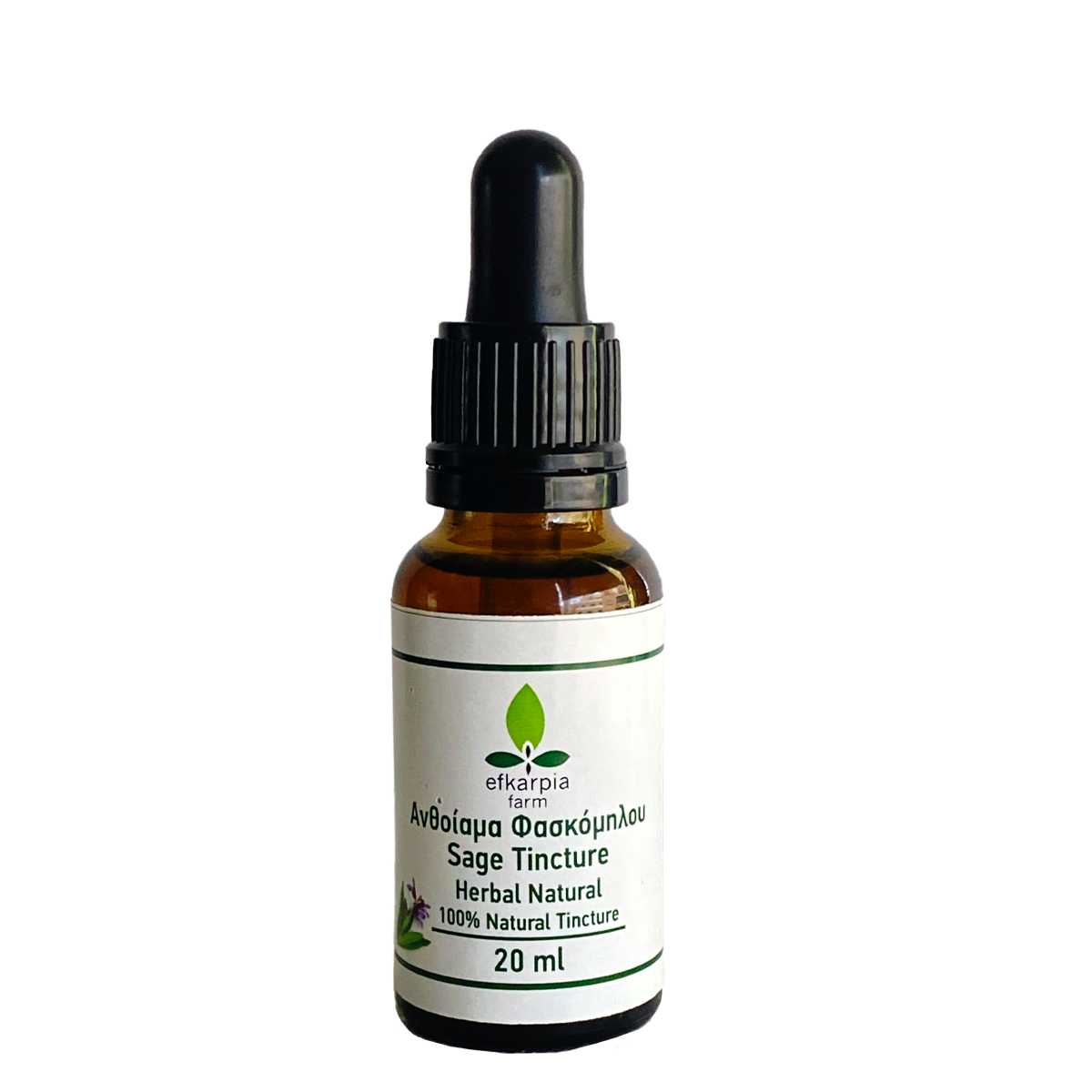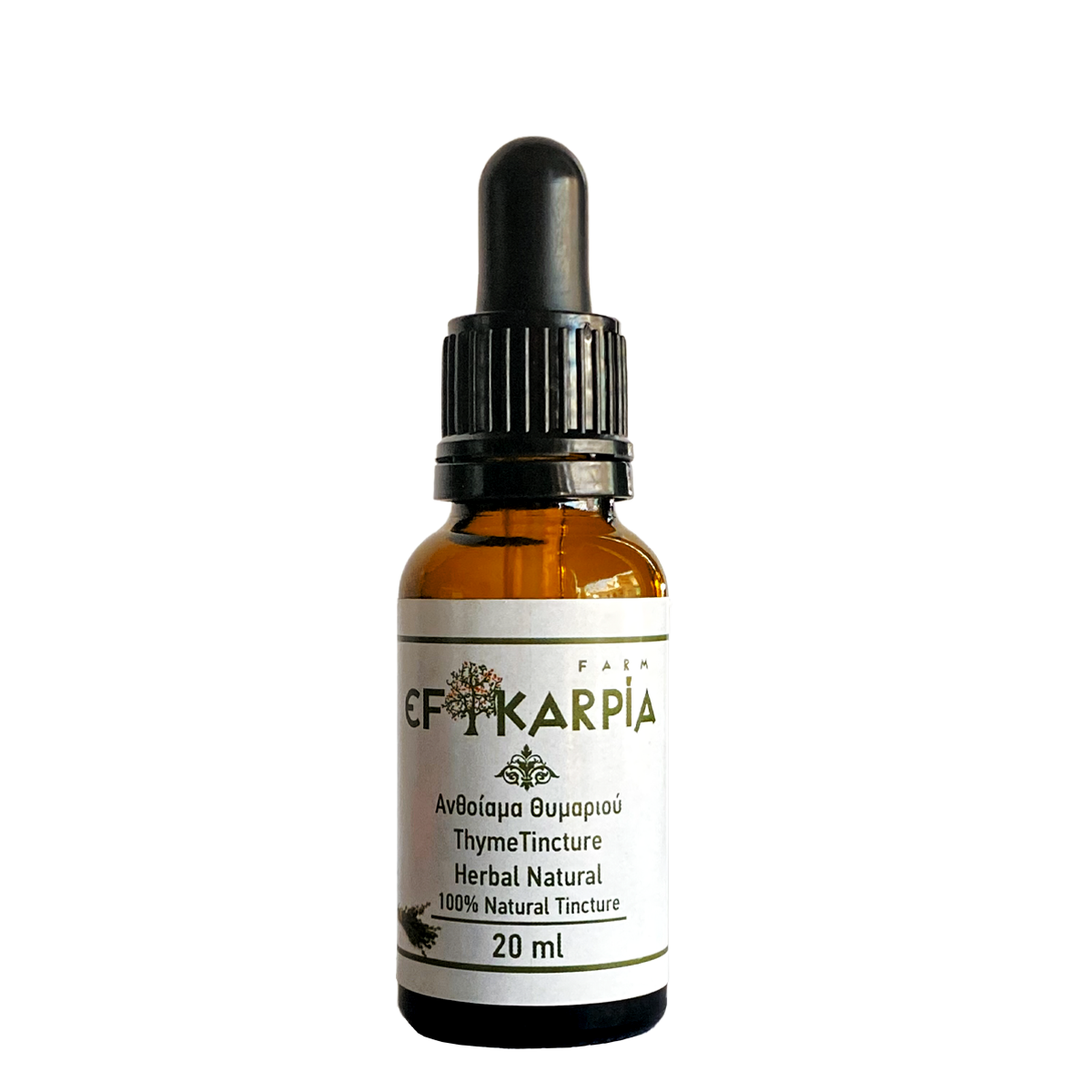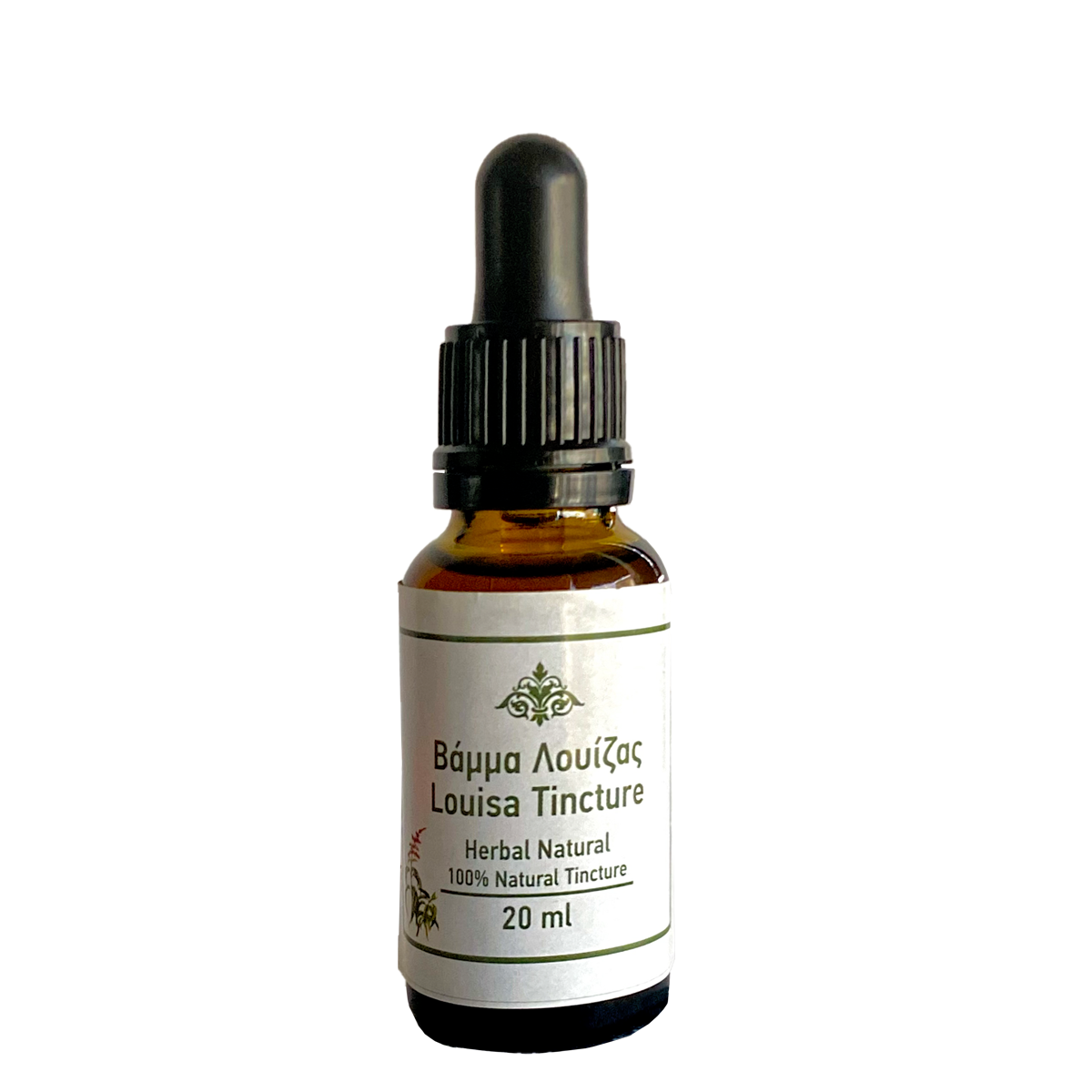Recent research paper from Science direct refers that spirulina has potential for the effective treatment of coronavirus. The researchers of the paper M. McCarty & J. DiNicolantonio suggest the daily intake of 15 g spirulina. Read the scientific paper here.
Dr. Ilias Mazokopakis (Doctor in the Army and Navy, Pathologist, Doctorate Teacher in the University of Crete), who has carried out several researches with Spiroulina PLATENSIS products, analyses the scientific paper below.
In his article he analyses exactly the way that spirulina behaves and represses coronavirus action.
It should be mentioned that the clinical studies that Dr. Mazokopakis did with other scientists were not funded by our company.
Read the article below:
*It must be noted that the clinical studies that Dr. Mazokopakis did with the rest of his colleagues were not ordered or financed by our company.
The role of spirulina in treating coronavirus by
Dr. Ilias E. Mazokopakis*
How is the new coronavirus transmitted?
The new coronavirus 2019, known as SARS-Cov-2, even if it is a zoonotic disease, it can be transmitted to humans through droplets, coughing, sneezing or through the nasal cavity. In the main symptoms of the disease (known as COVID-19) that it causes are fever, cough, throat pain, myalgias and difficulty in breathing. Most of the patients show mild symptoms of the disease. However, people belonging to high risk group (for example heart disorders, people with diabetes, liver disease or respiratory syndromes) is possible to develop severe symptoms leading to pneumonia which requires the admission of the patient to the hospital. Taking into consideration, that the patient can transmit the disease even during the infection period as well as the unavailability of a vaccine it is crucial to remain isolated in order to eliminate the transmition rate by strictly following the necessary instructions proposed by the ΕΟΔΥ, so that health areas can work during this new challenge that we face.
Boosting the immune system
It is highly important to boost our immune system by consuming food enriched in antioxidants such as vitamins, fresh fruit, vegetables and nuts. The intake of food with high protein content such as meat, fish, eggs and dairy products are highly suggested.2
Spirulina and coronavirus
In a recent scientific paper, published in a medical journal, it is mentioned, among others, spirulina’s role in treating diseases such as corona virus and common flu. In light of the foregoing, administration of spirulina (or a spirulina extract enriched in PCB), a phase 2 inducer (such as ferulic acid, lipoic acid, or sulforaphane), N-acetylcysteine, selenium, and high-dose glucosamine, in adequate doses, might be expected to help prevent and control RNA virus infections by amplifying the signalling functions of TLR7 and MAVS in evoking type 1 interferon production. The antivirus action of spirulina against other RNA viruses such as HIV are known in the bibliography. We know that spirulina is a small-algae, spiral shaped that belongs to cyanobacteria-the most ancient live shapes. Cyanobacteria are photosynthetic prokaryotic microorganisms. The characteristic green colour is due to their natural chromophores especially chlorophyll and phycocyanin which are responsible for its photosynthetic activity. Spirulina develops in natural lakes that contain water with high alkalinity or is cultured in lakes or tanks with a glasshouse shape. Unfortunately, only 1% of spirulina is cultured in glasshouses with the rest of it being exposed in damaging factors such as heavy metals, instincts, dust etc. I am reminding you that spirulina is a food with high nutritional value enriched in vitamins, metals, trace elements, polyunsaturated fatty acids etc. Spirulina does not contain cholesterol. All of the above make her a superfood not just a diet supplement as in bibliography you can find all the antioxidant, anti-inflammatory, anticancer and antimicrobials properties which justify the prevention of diseases.
Spirulina’s quality
Based on my experience in clinical research and the relevant published papers where I used spirulina of excellent quality produced in Greece, I would like to highlight that not all the spirulina products that can be found in pharmacies, are of excellent quality and of the same results. This is due to the fact that not all cultured in the same environment. The production of spirulina in open containers exposes the product under damaging exogenic factors. There is no biologically organic spirulina the term is only used to take advantage of the consumers in order to sell the product.
Recommended dosage
According to my experience, dosage shouldn’t cross 3g in powder and then after 7-10 days without the appearance of any unwanted symptoms (rare), the dosage can increase gradually reaching the suggested dose by scientist for coronavirus treatment which is 15g daily. I highlight that rarely spirulina can cause allergic reactions as people diagnosed with phenylketonuria should avoid the consumption of spirulina.
People diagnosed with thyroid should consume spirulina without iodine, preferable the 3g sachets as it doesn’t contain any heavy metals and they are not oxidised by the light or air, in contrast with those available in the market.
Lastly, I would like to mention that spirulina has a high nutritional value and is enriched in proteins and can face the challenges caused by coronavirus
Bibliography 1. https://eody.gov.gr/
2. Jin YH, et al. A rapid advice guideline for the diagnosis and treatment of 2019 novel coronavirus (2019-nCoV) infected pneumonia (standard version). Military Medical Research 2020;7(1):4.
3. McCarty MF, DiNicolantonio JJ. Nutraceuticals have potential for boosting the type 1 interferon response to RNA viruses including influenza and coronavirus. Progress in Cardiovascular Diseases 2020 (online February 12).
4. Several biblical commentators argue that the God-sent Manna, who fed the Israelites in the barren desert for forty years after their deliverance from Egyptian slavery, was probably a form of dried spirulina.
5. Mazokopakis EE, et al. The hepatoprotective and hypolipidemic effects of Spirulina (Arthrospira platensis) supplementation in a Cretan population with non-alcoholic fatty liver disease: a prospective pilot study. Annals of Gastroenterology 2014;27(4):387-394.
6. Mazokopakis EE, et al. The hypolipidaemic effects of Spirulina (Arthrospira platensis) supplementation in a Cretan population: a prospective study. Journal of the Science of Food and Agriculture 2014;94(3):432-437.
*Lieutenant Commander (YI) Elias Mazokopakis is a Military Doctor of the Navy, Specialist Physician, Doctor of Medicine of the University of Crete.
 FREE SHIPPING COSTS
FREE SHIPPING COSTS


